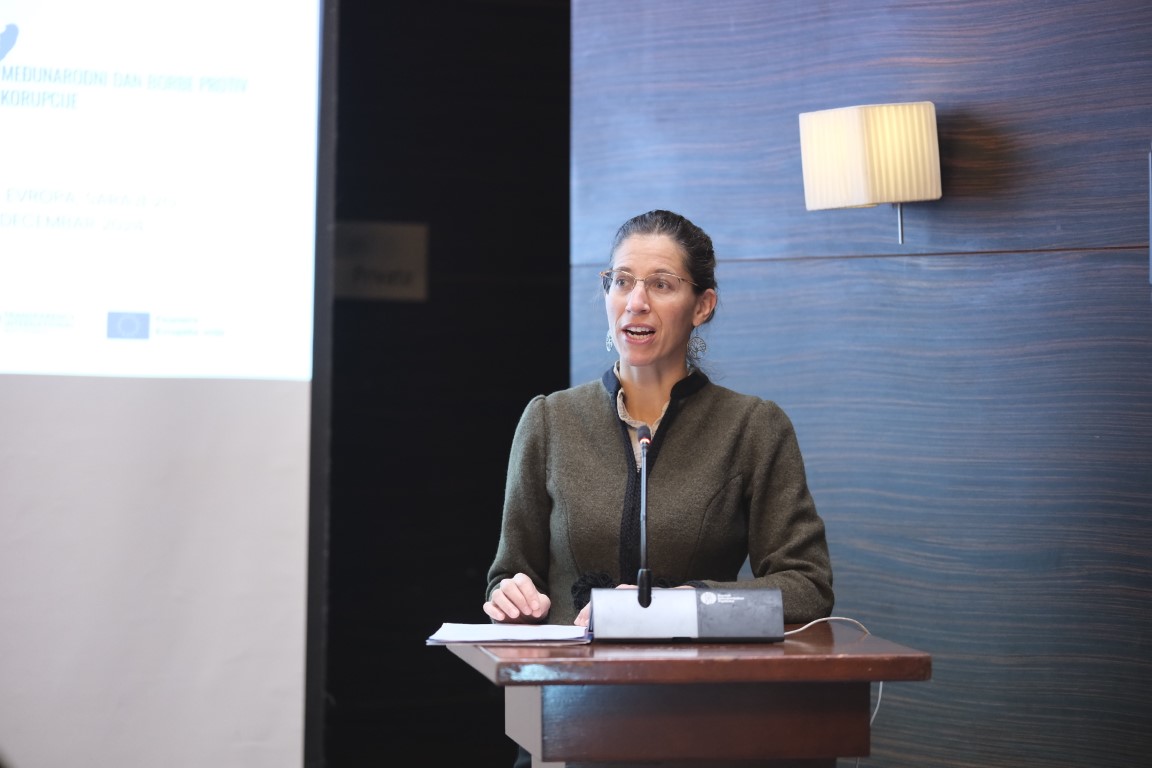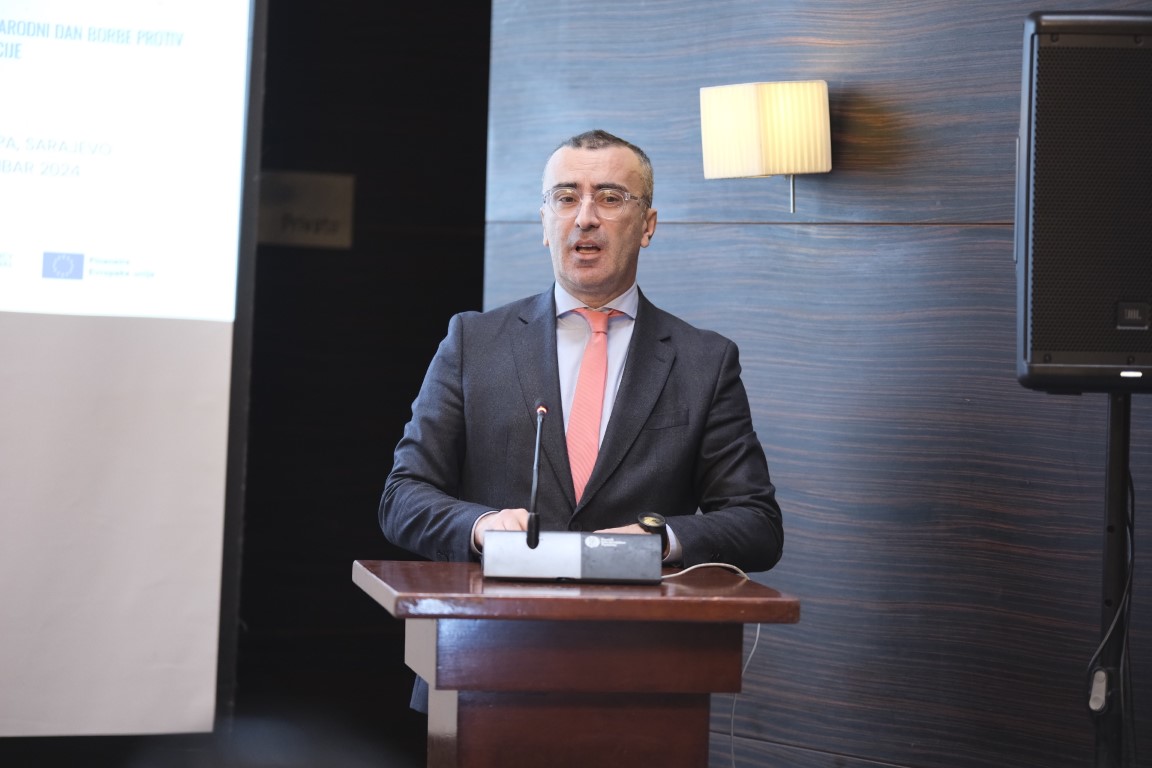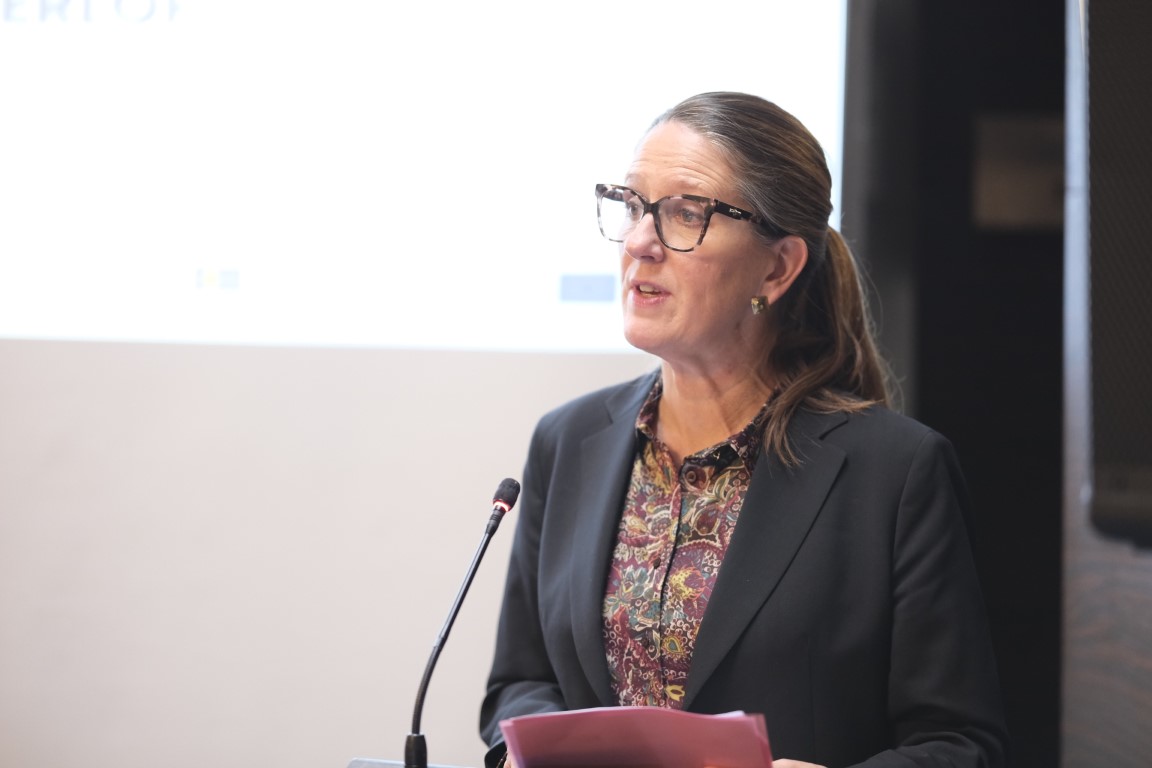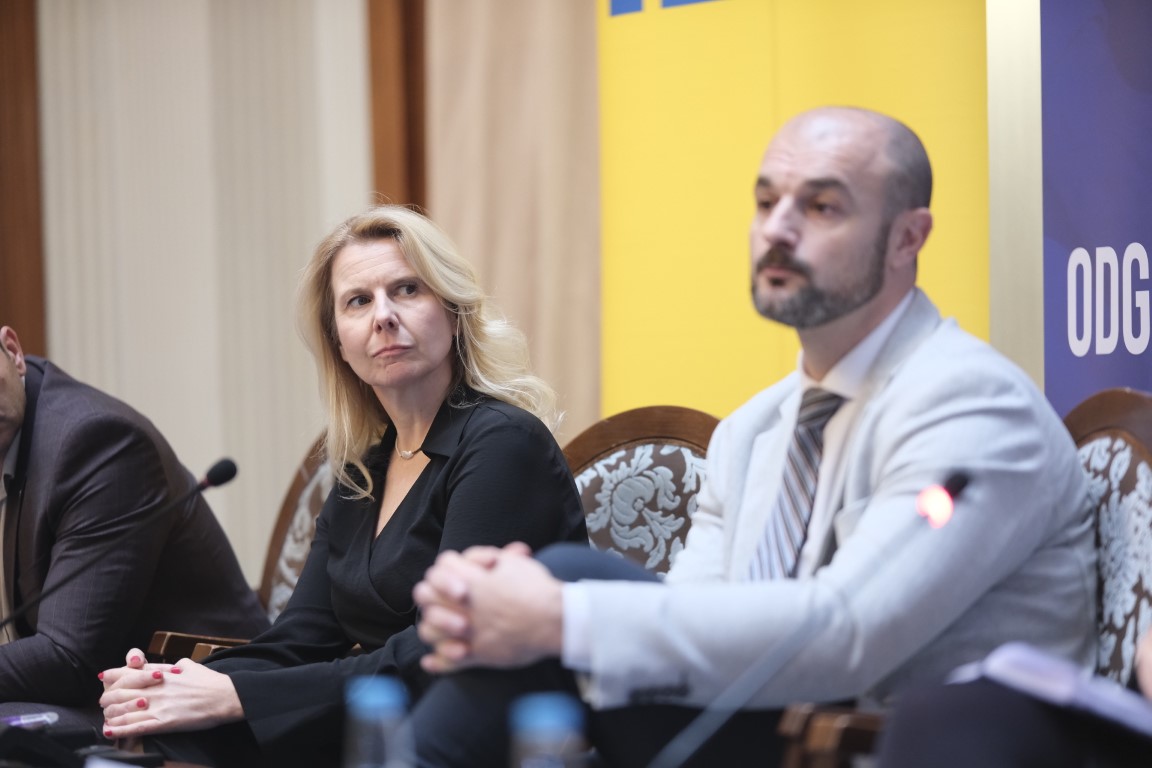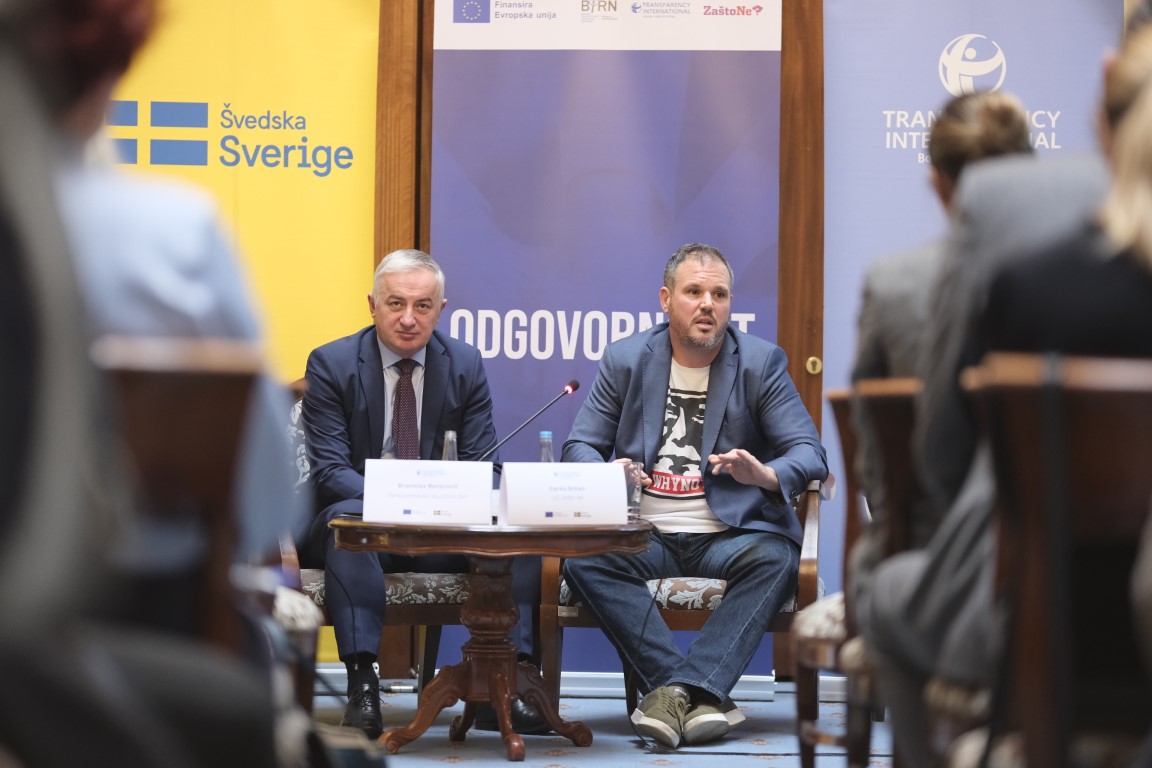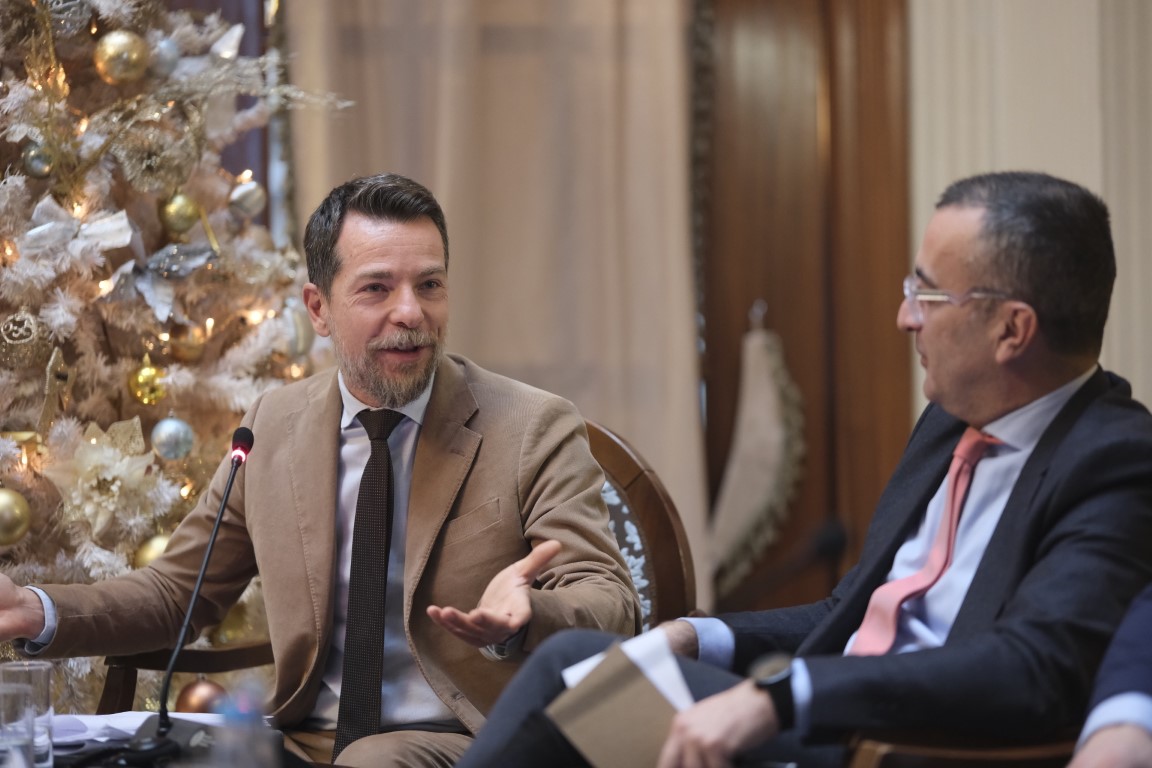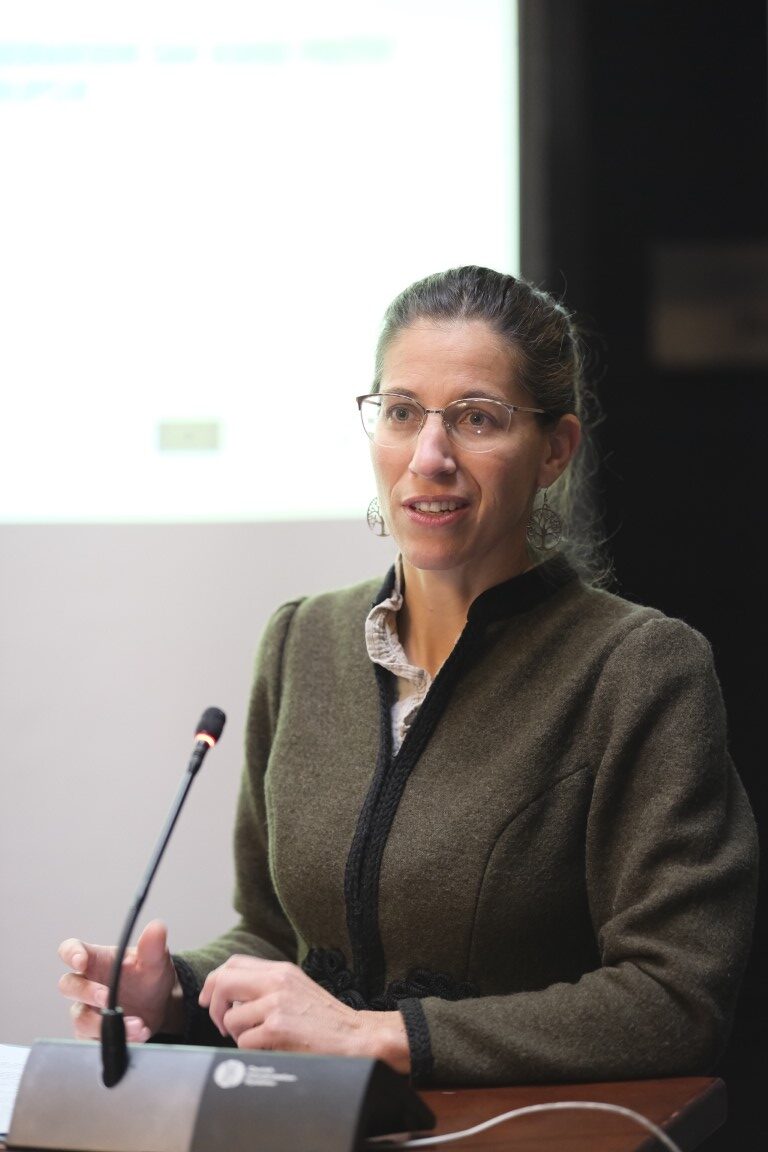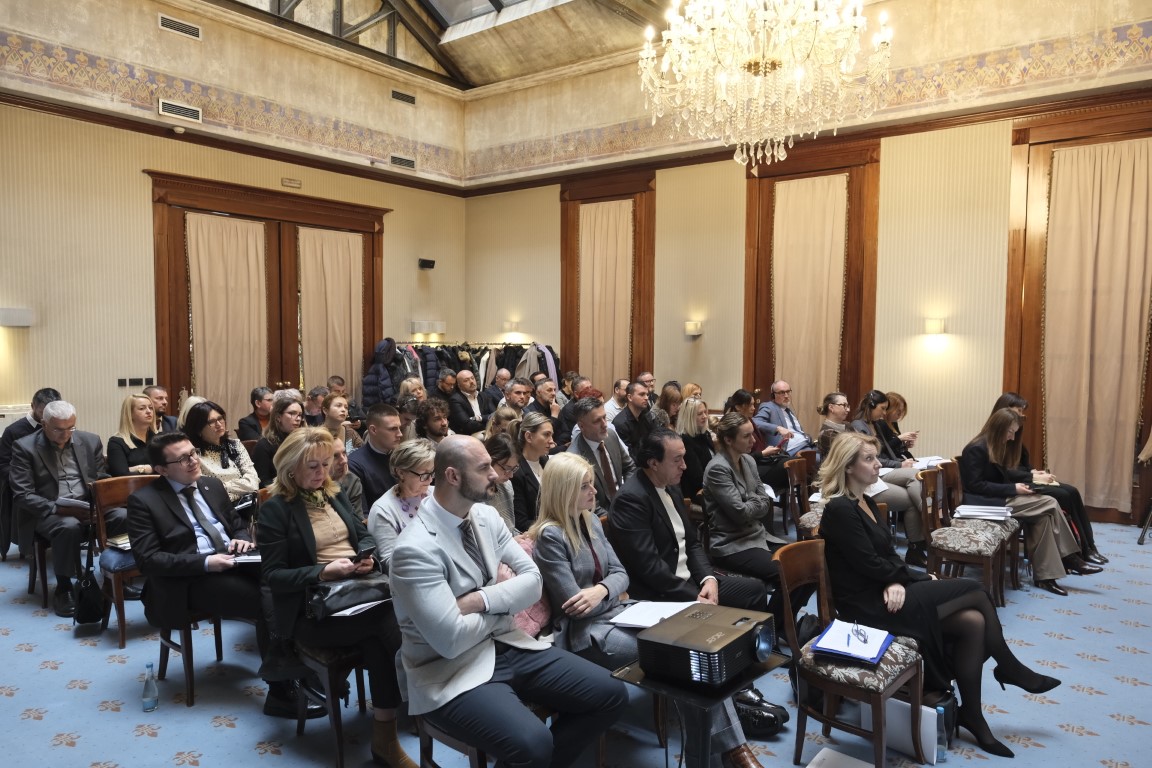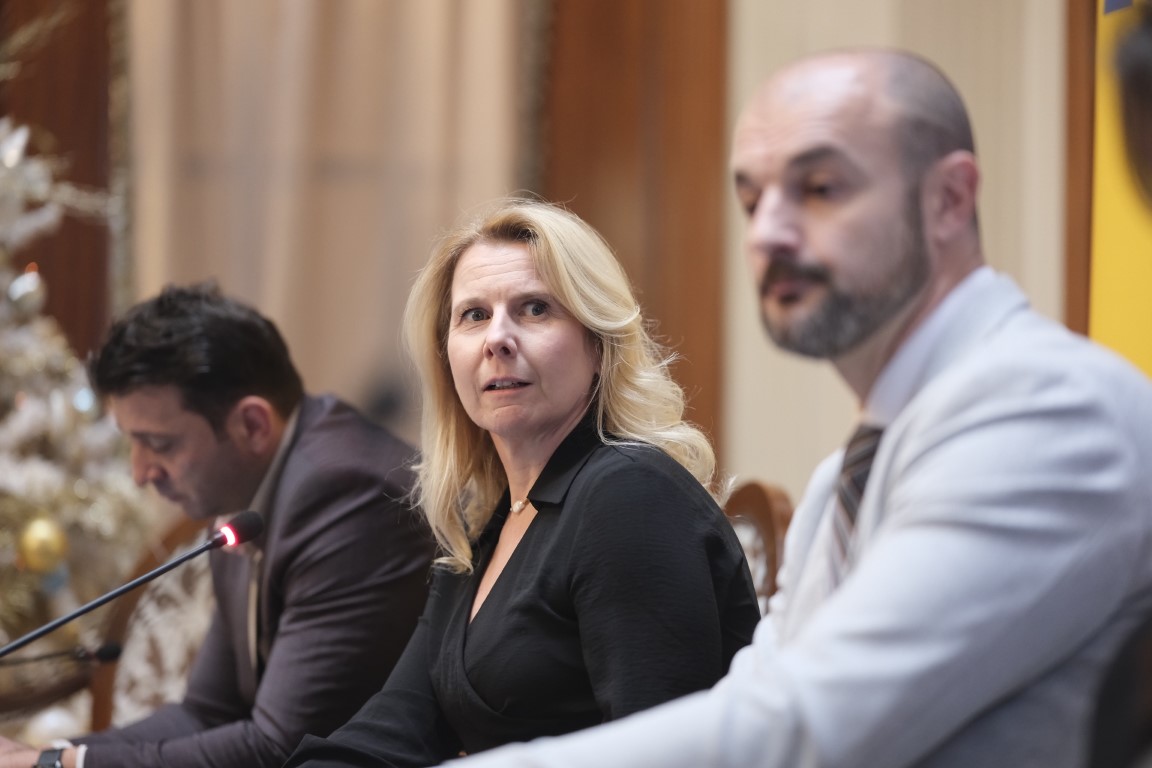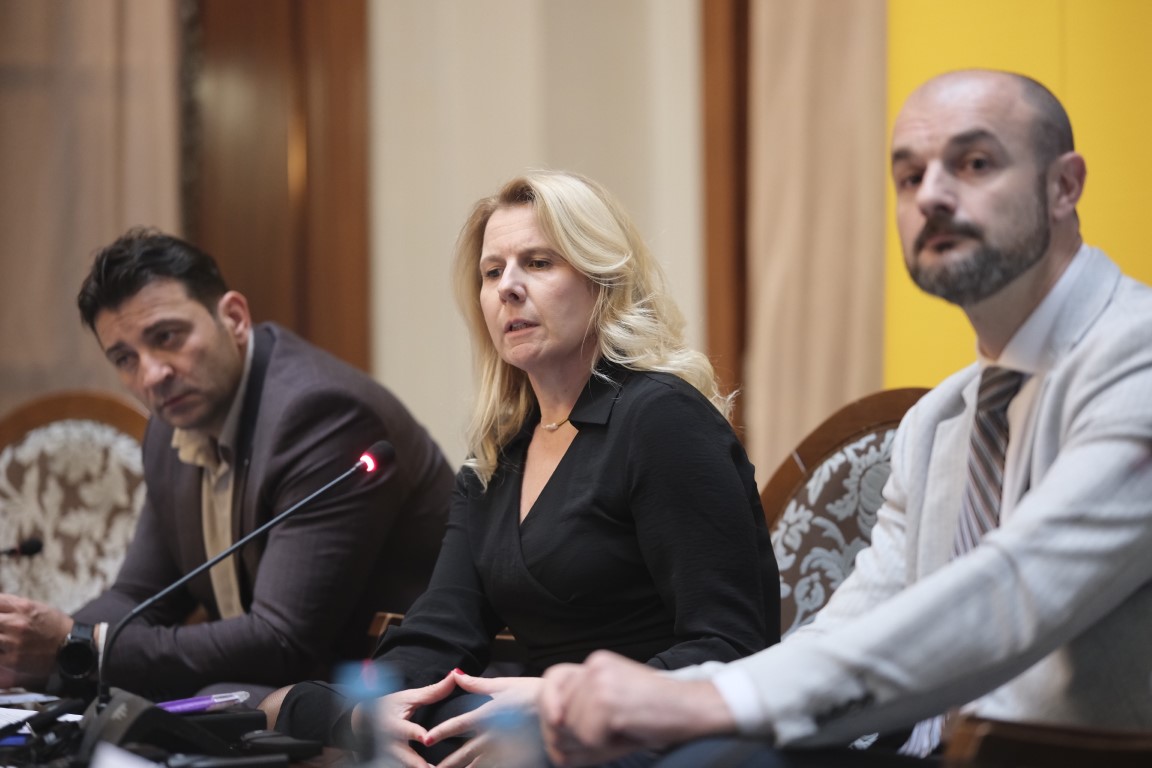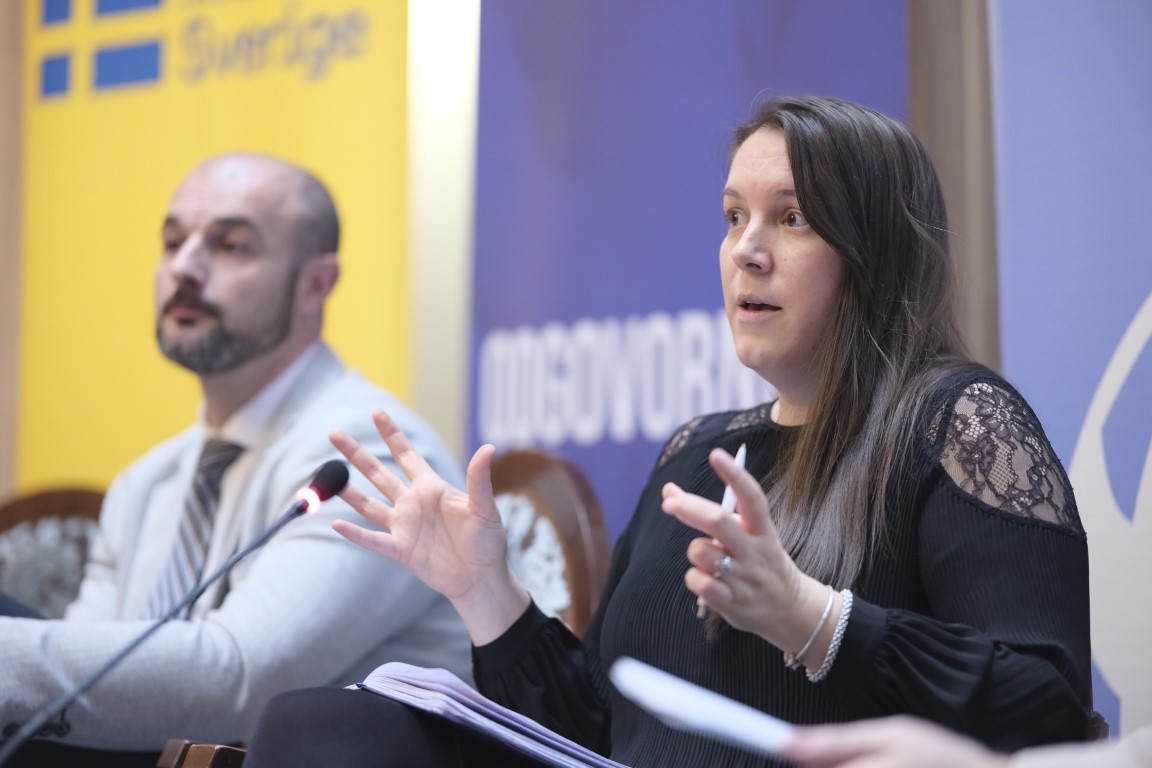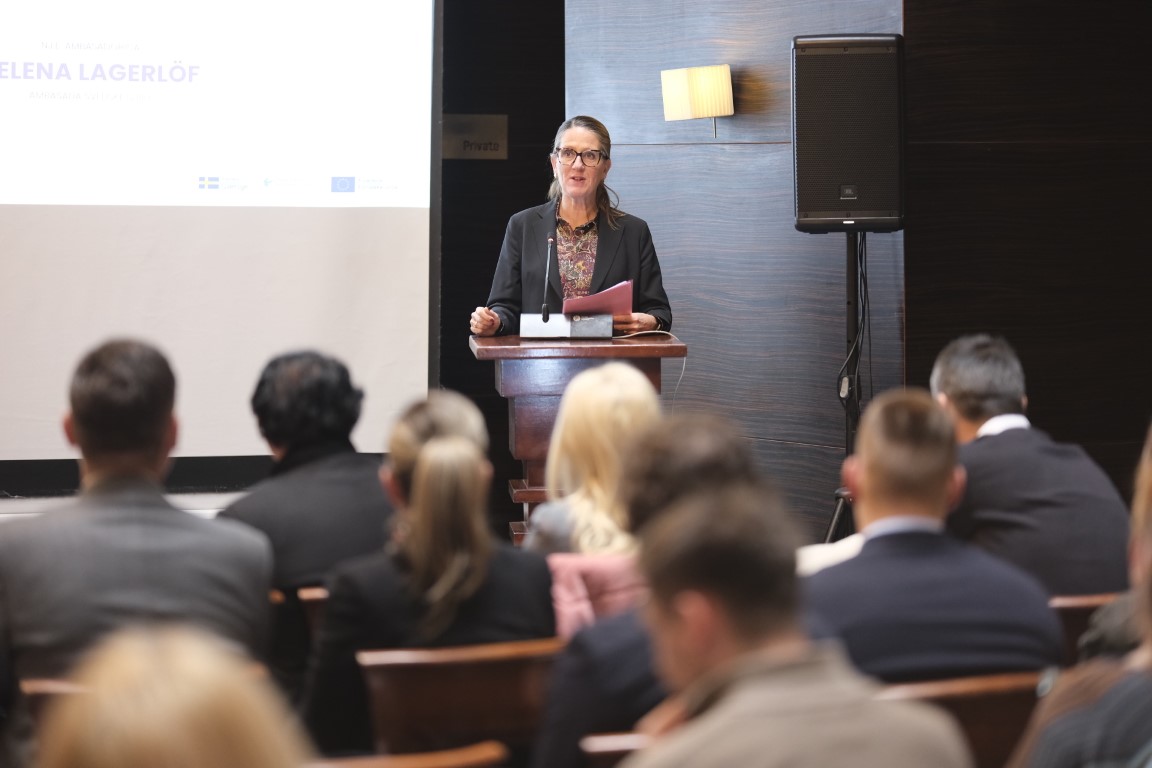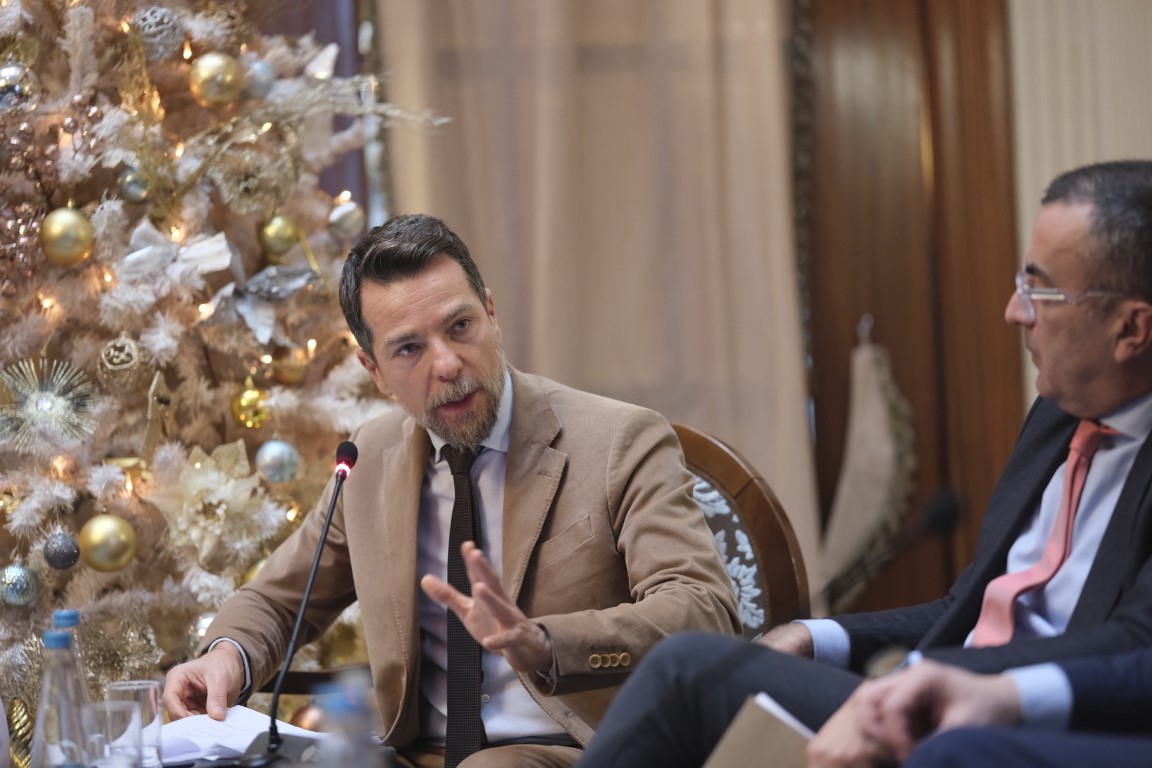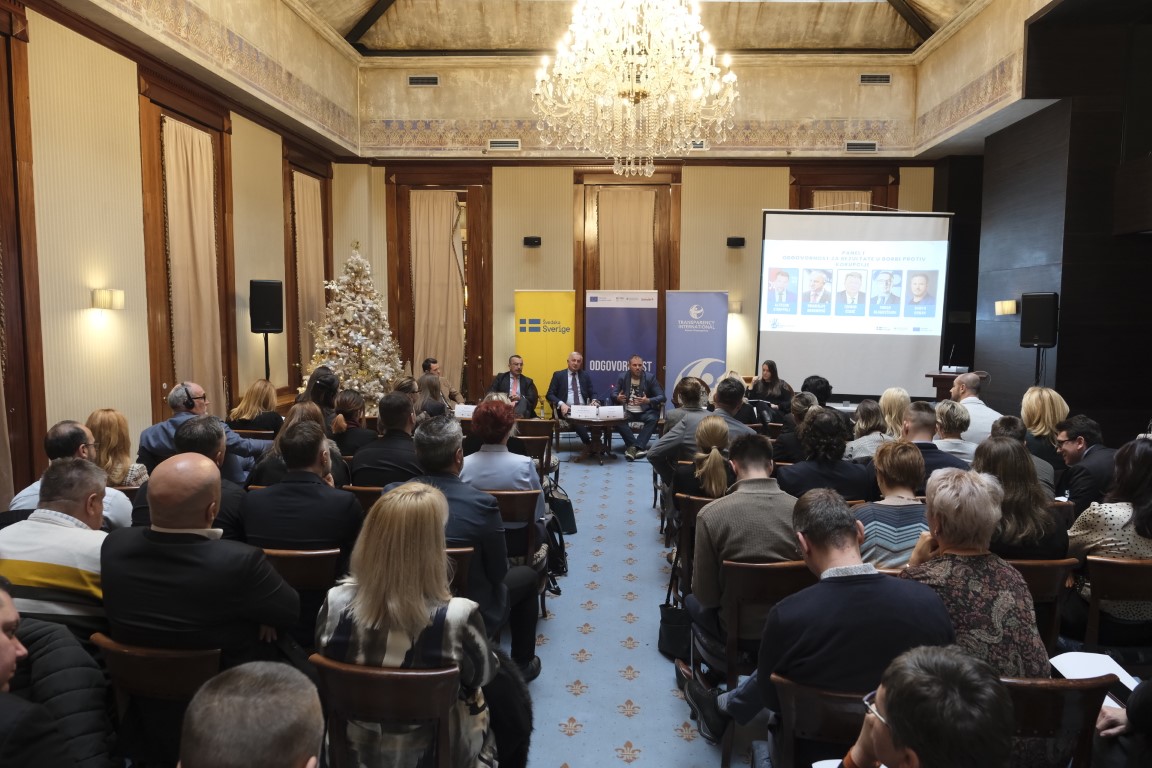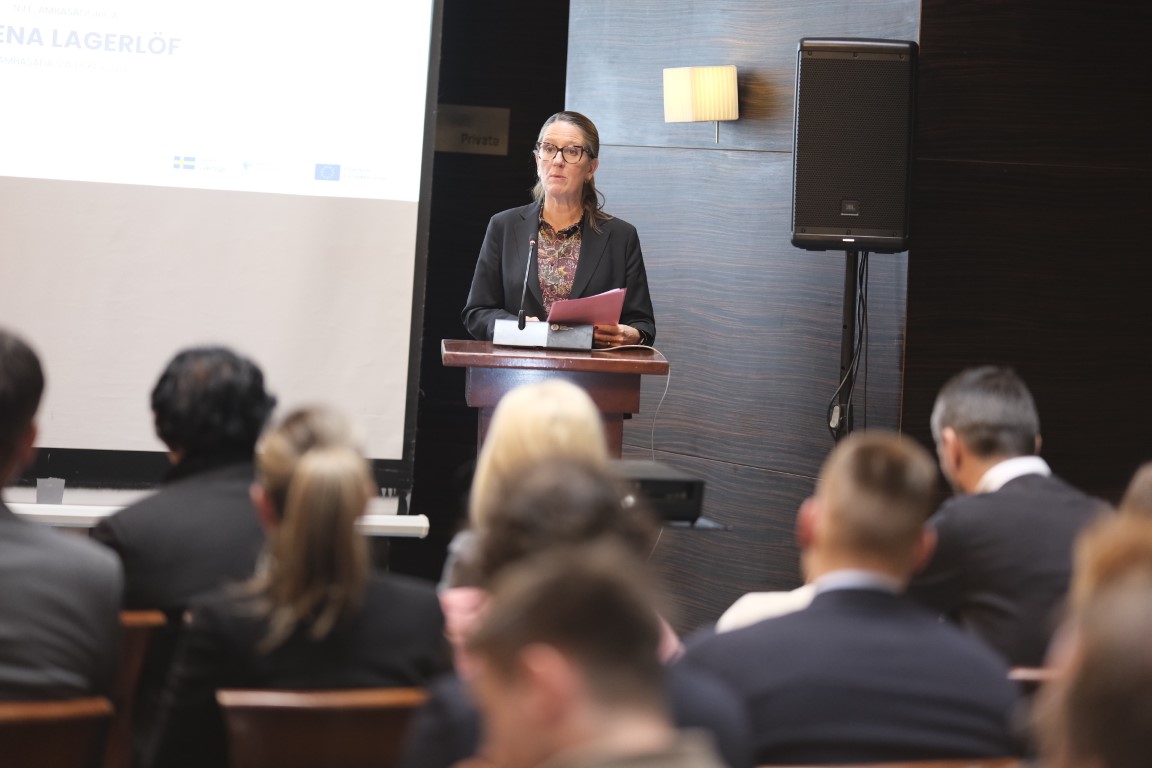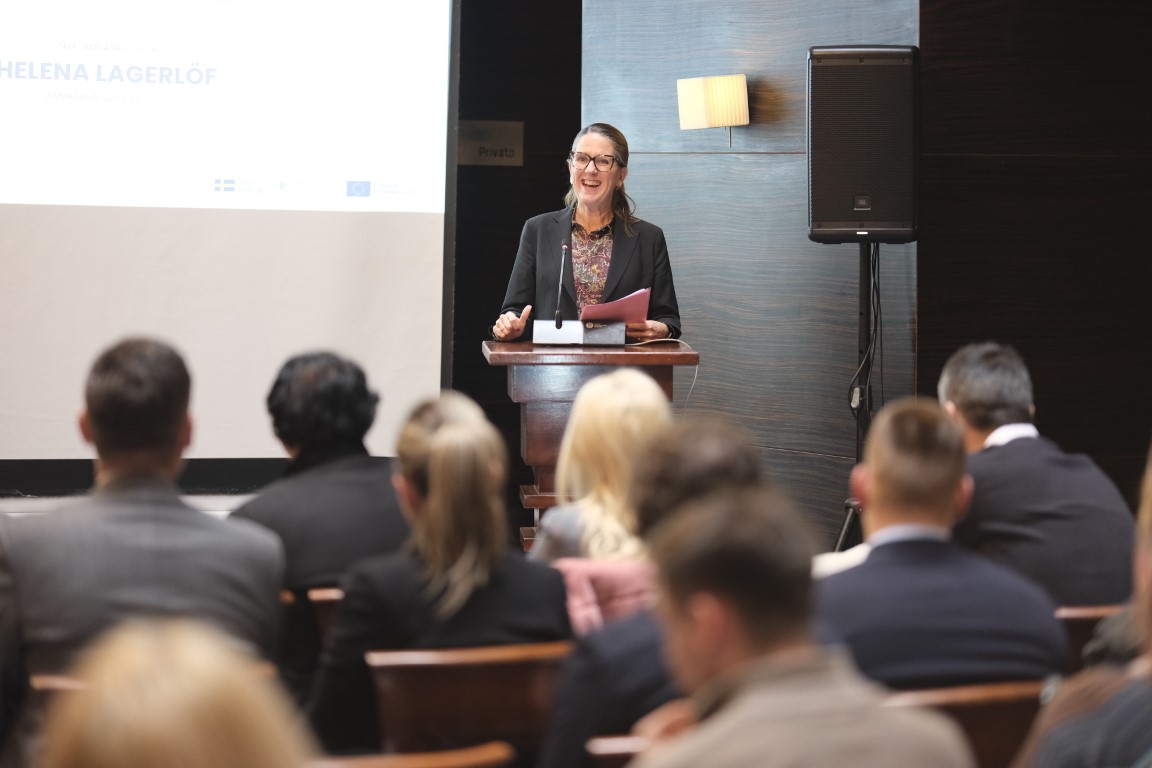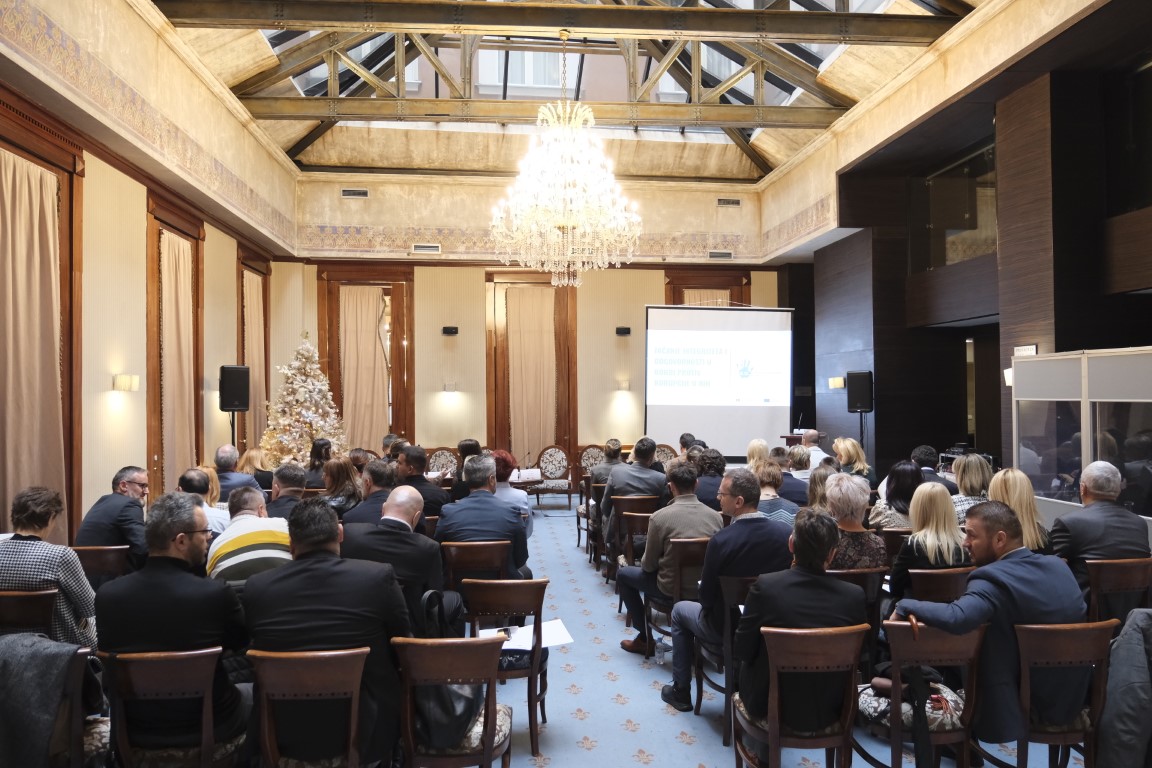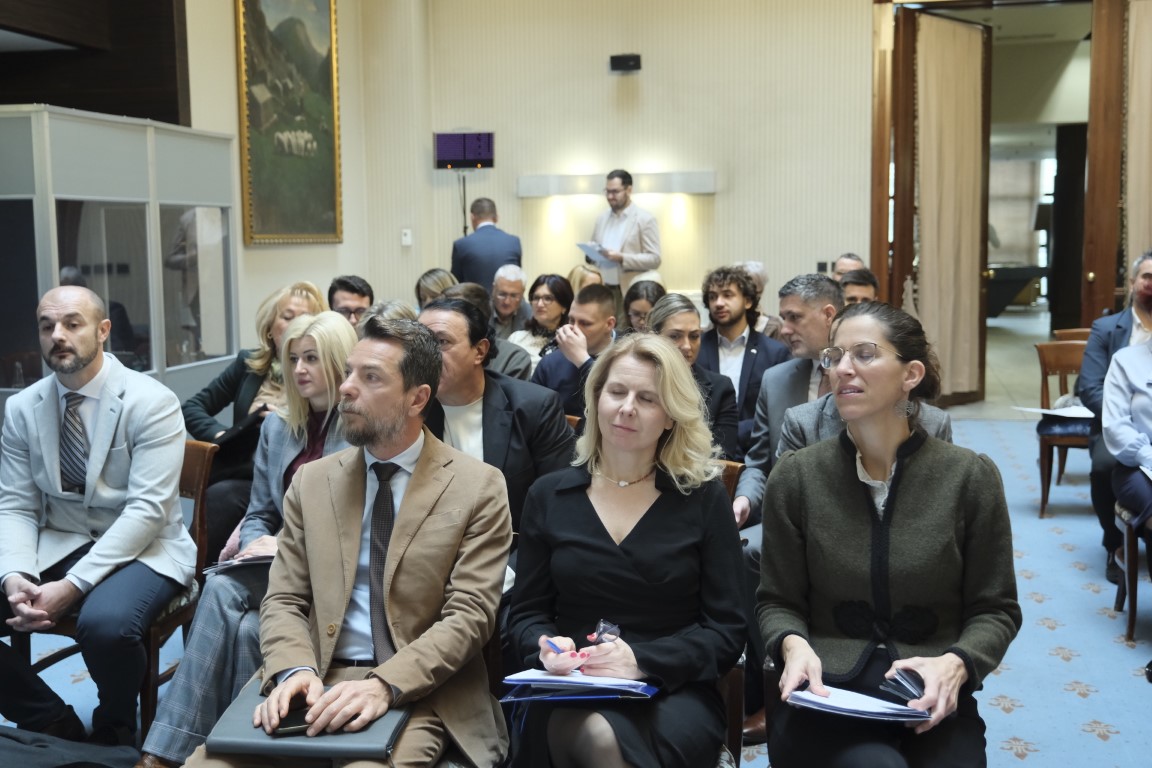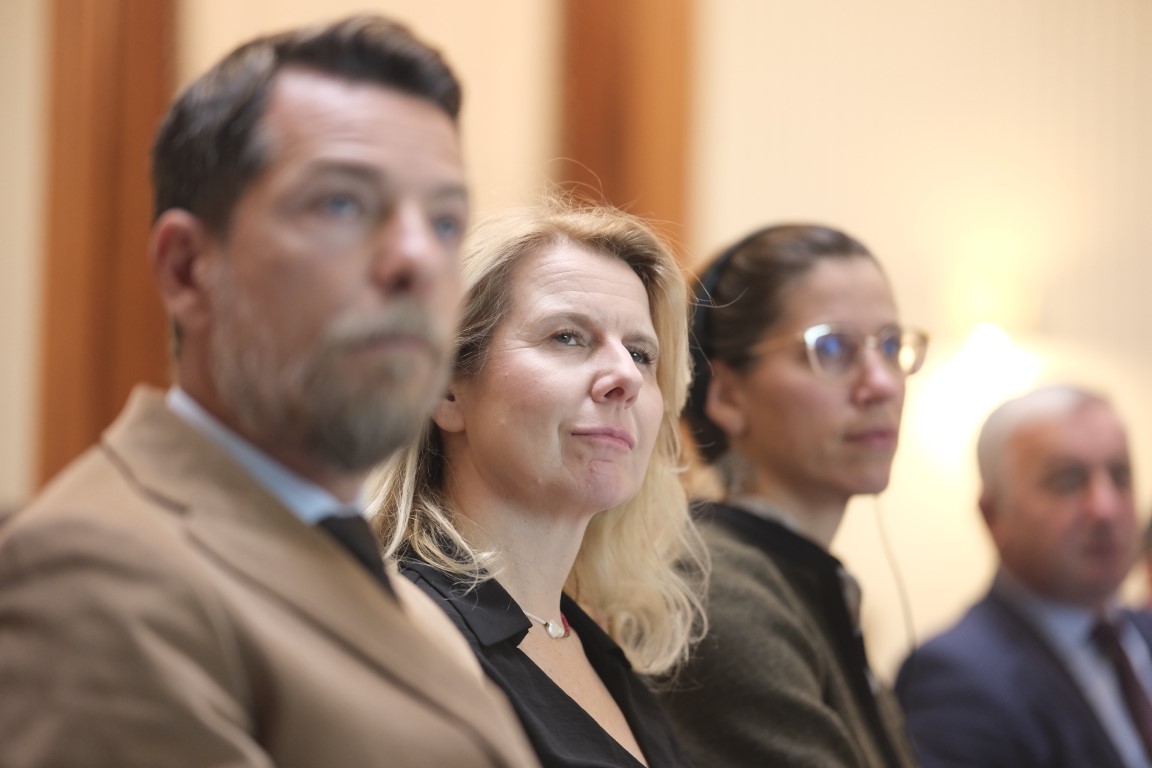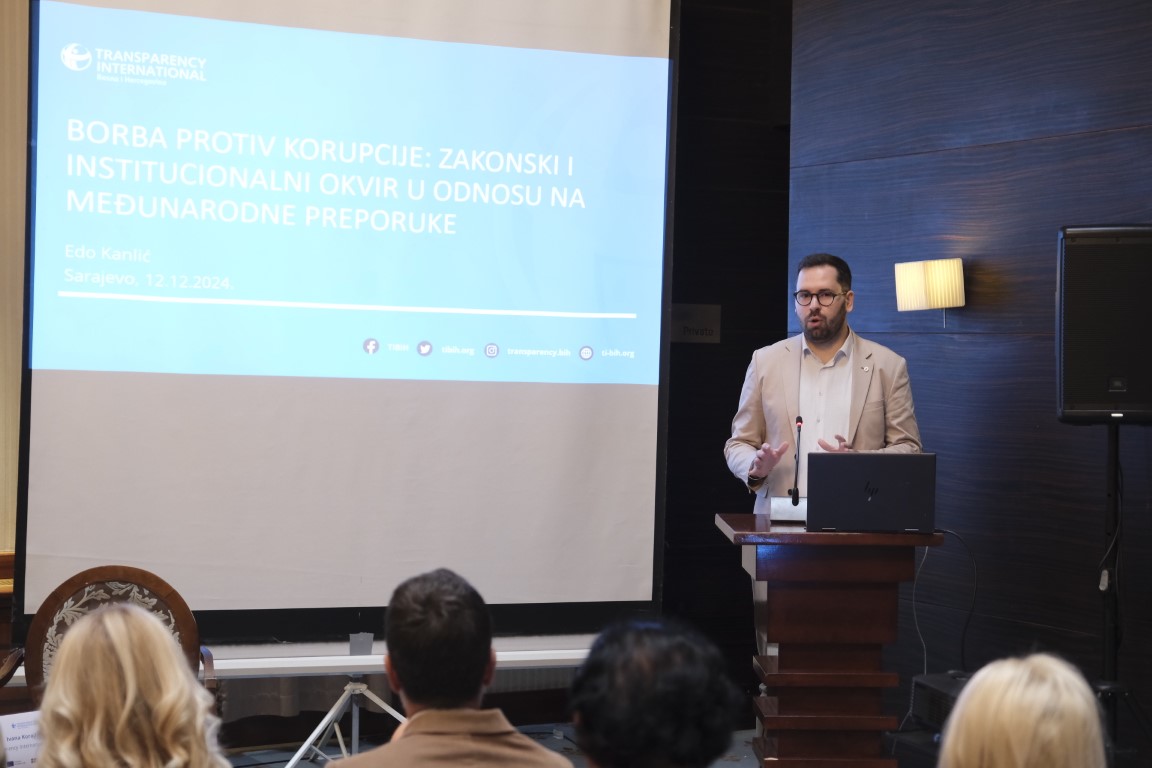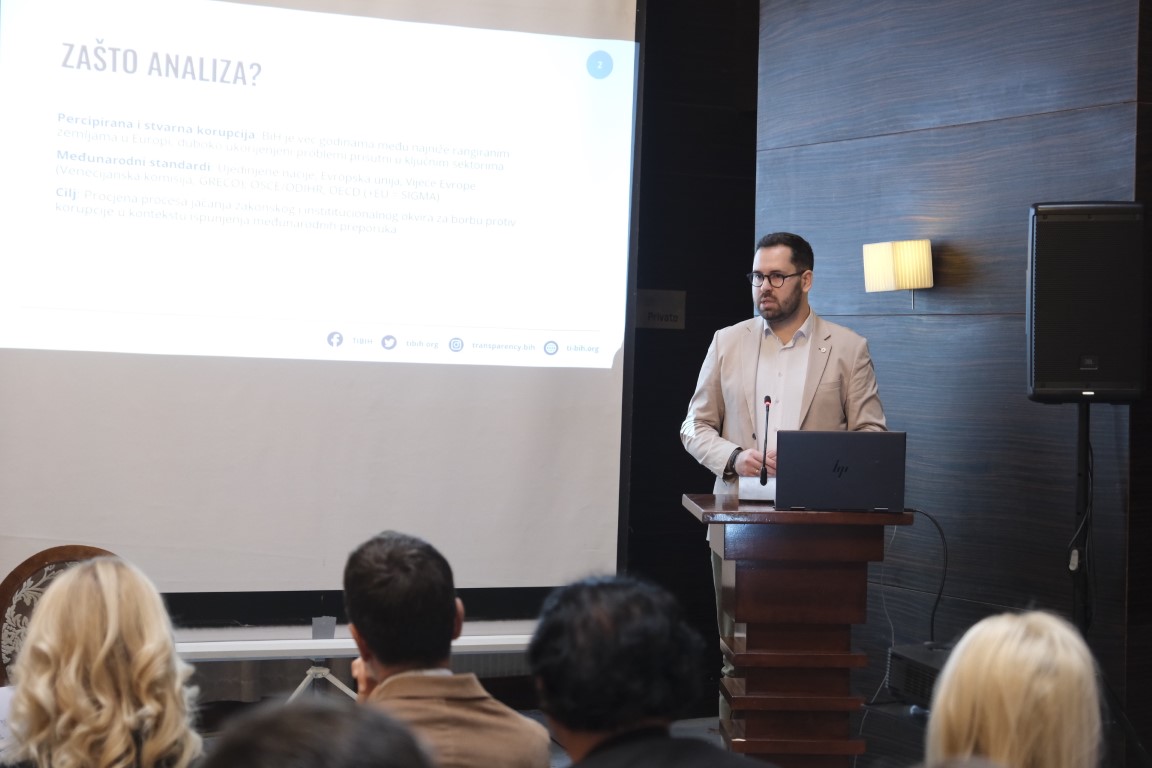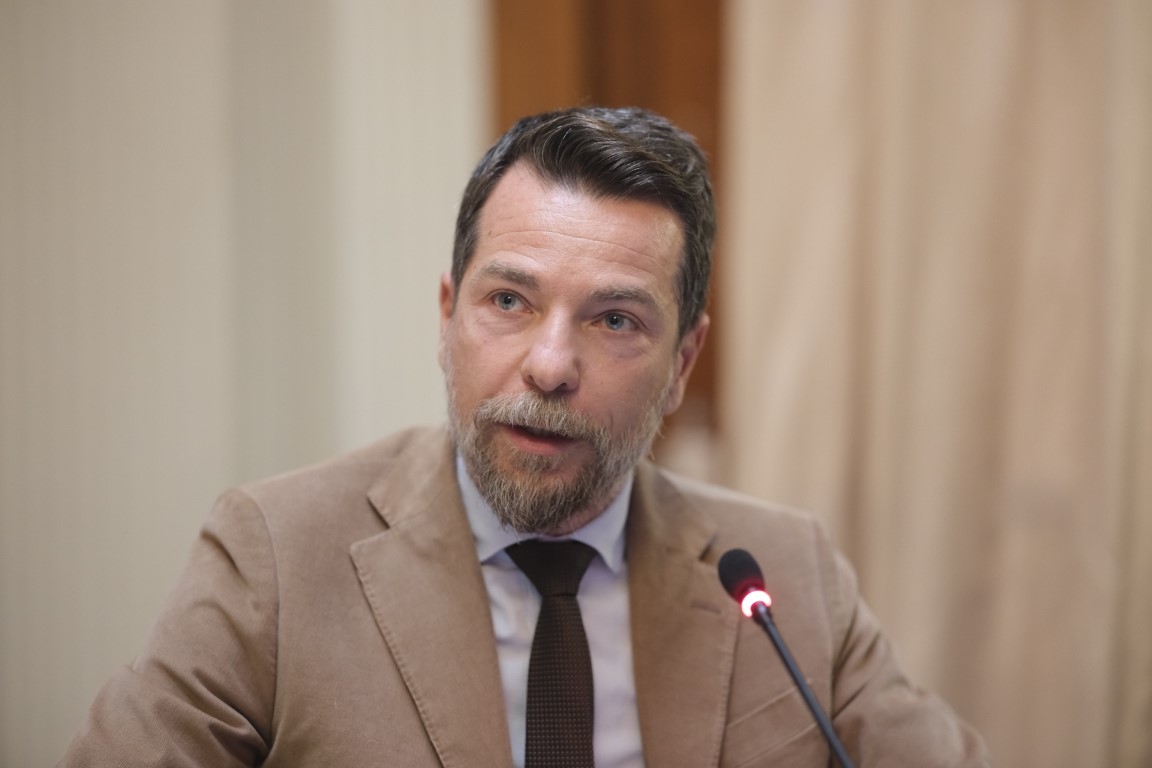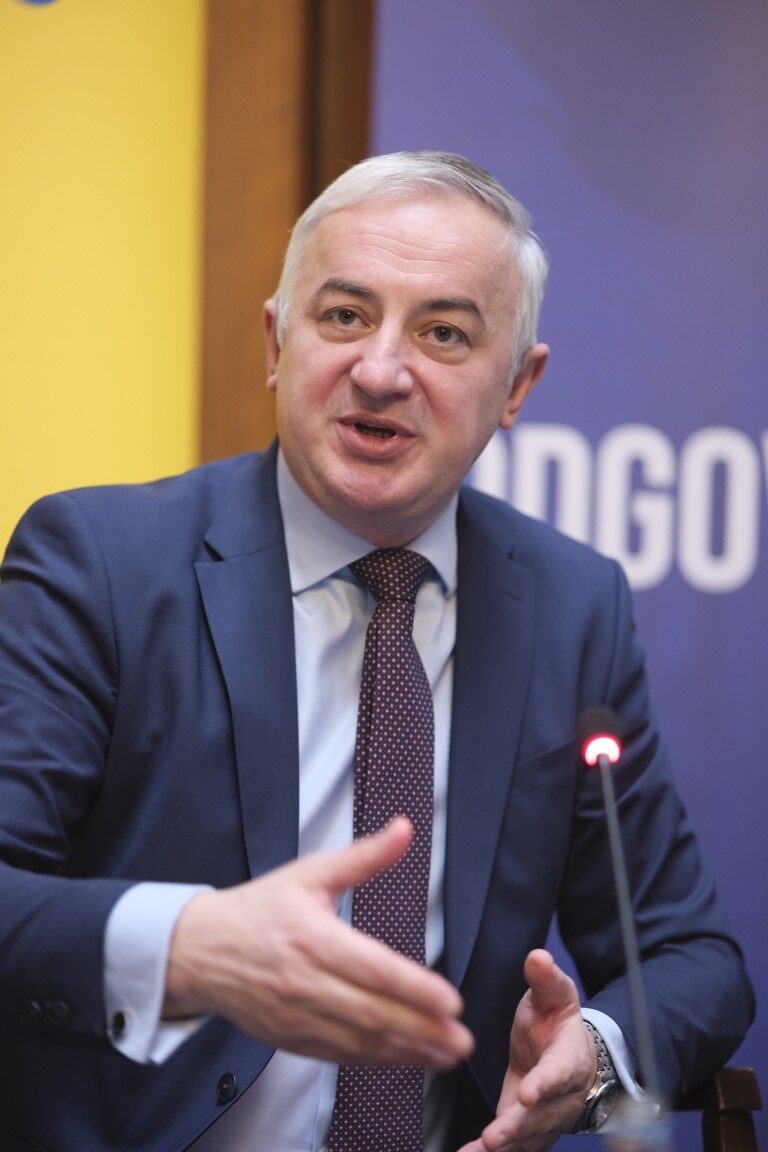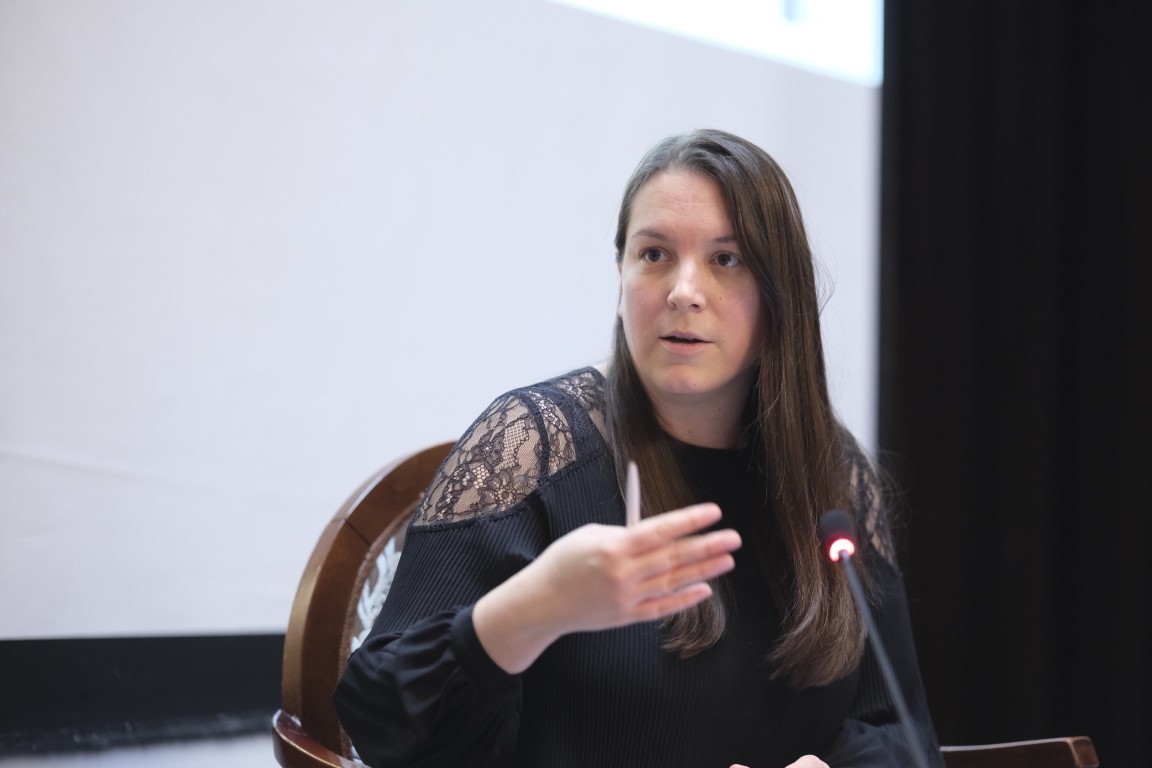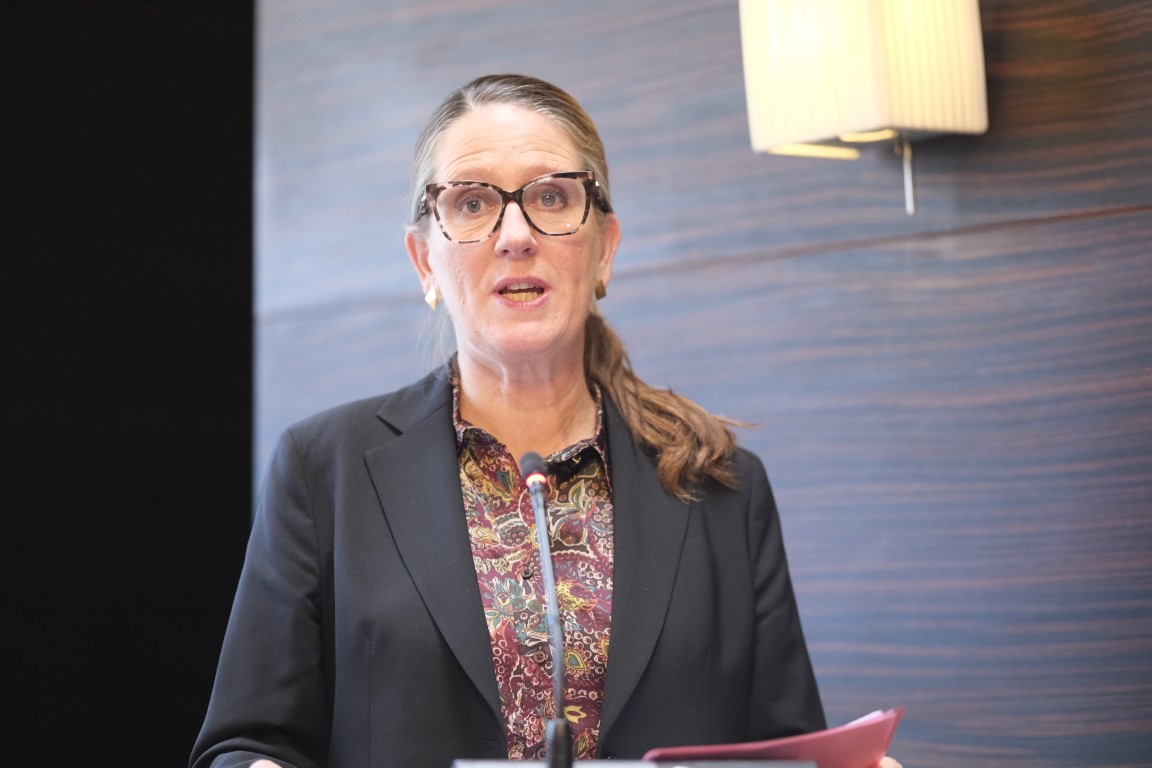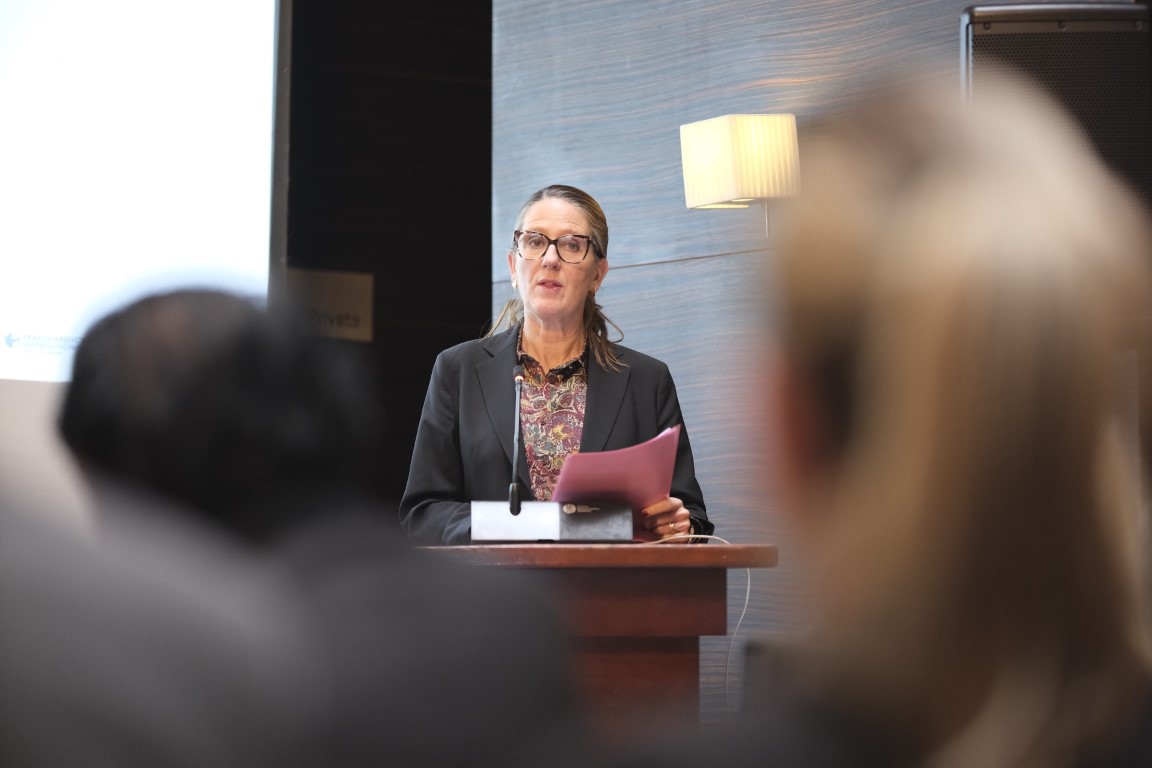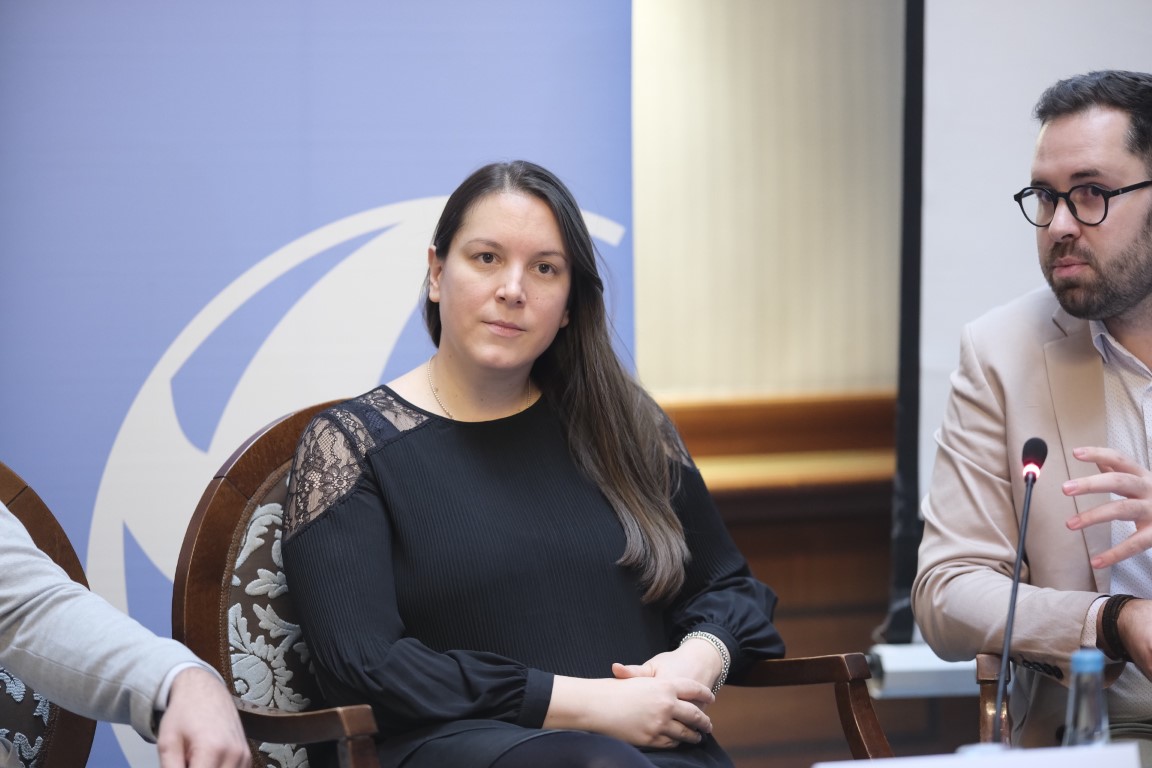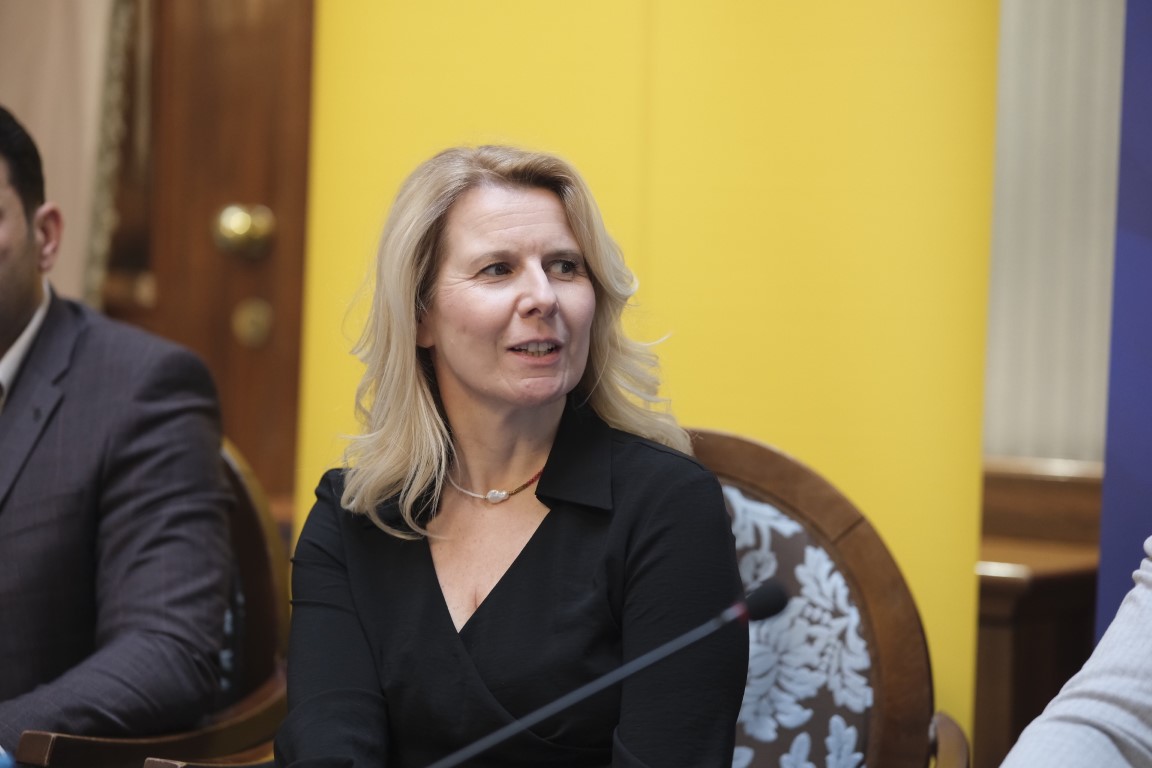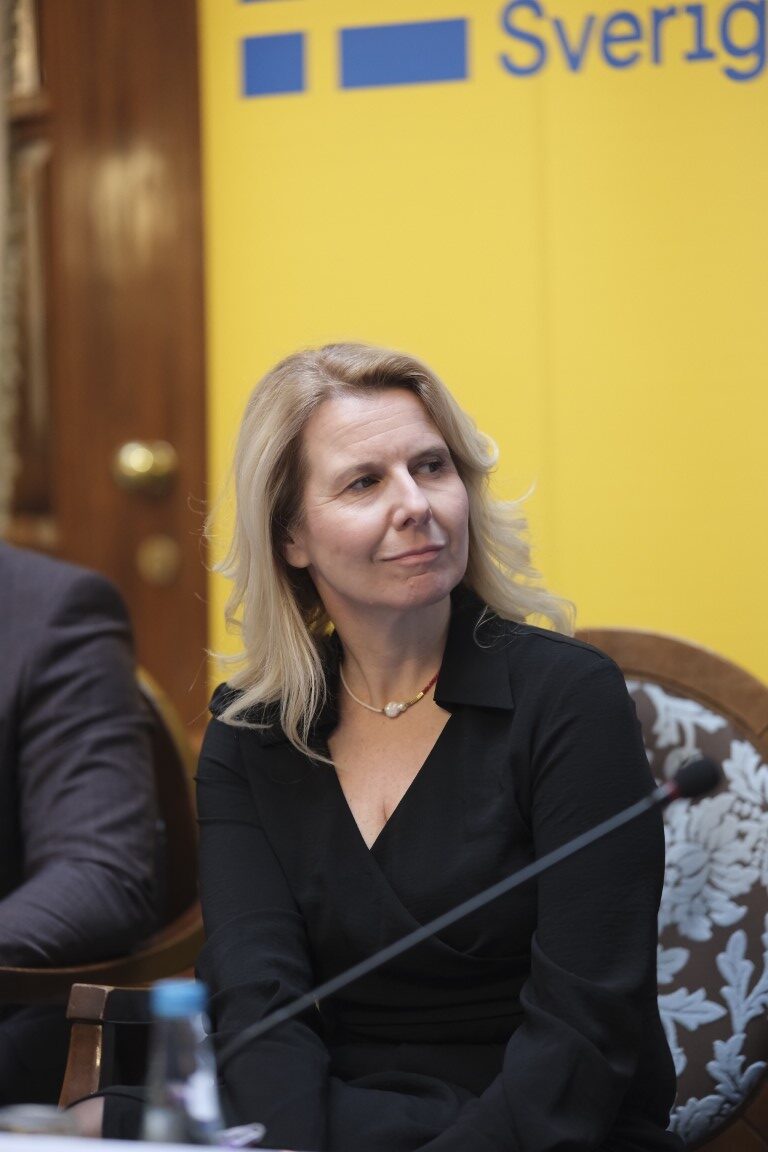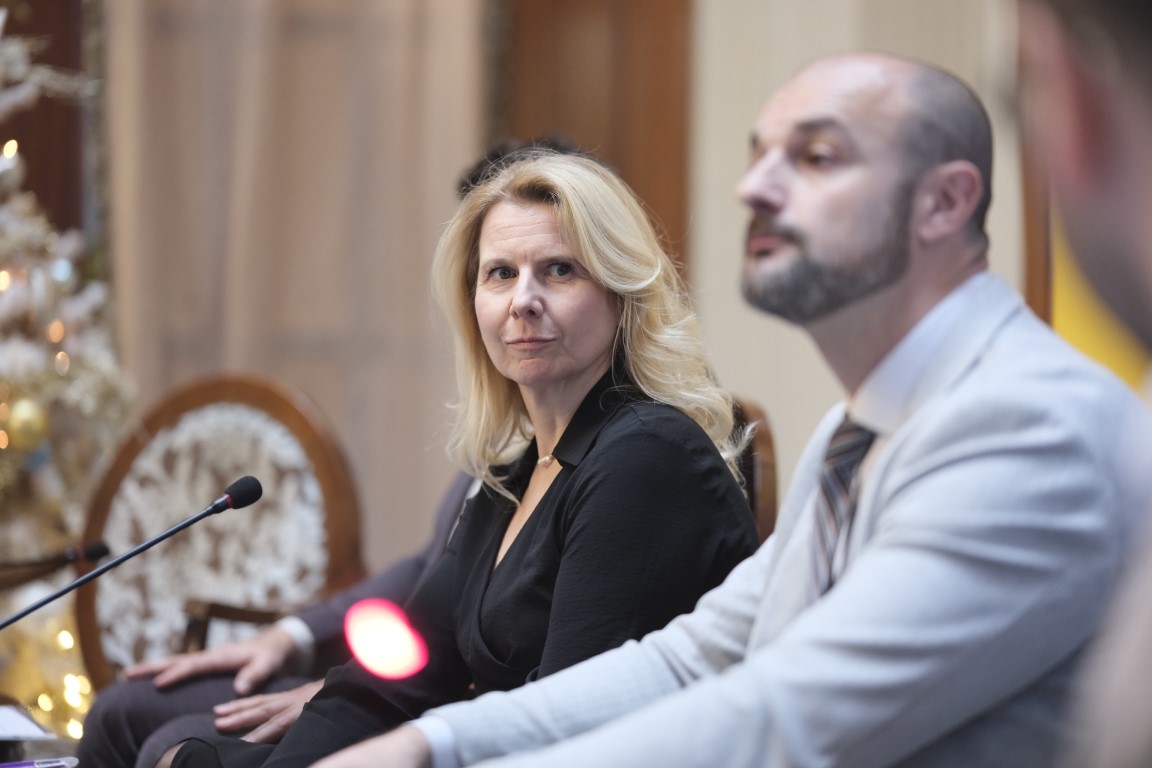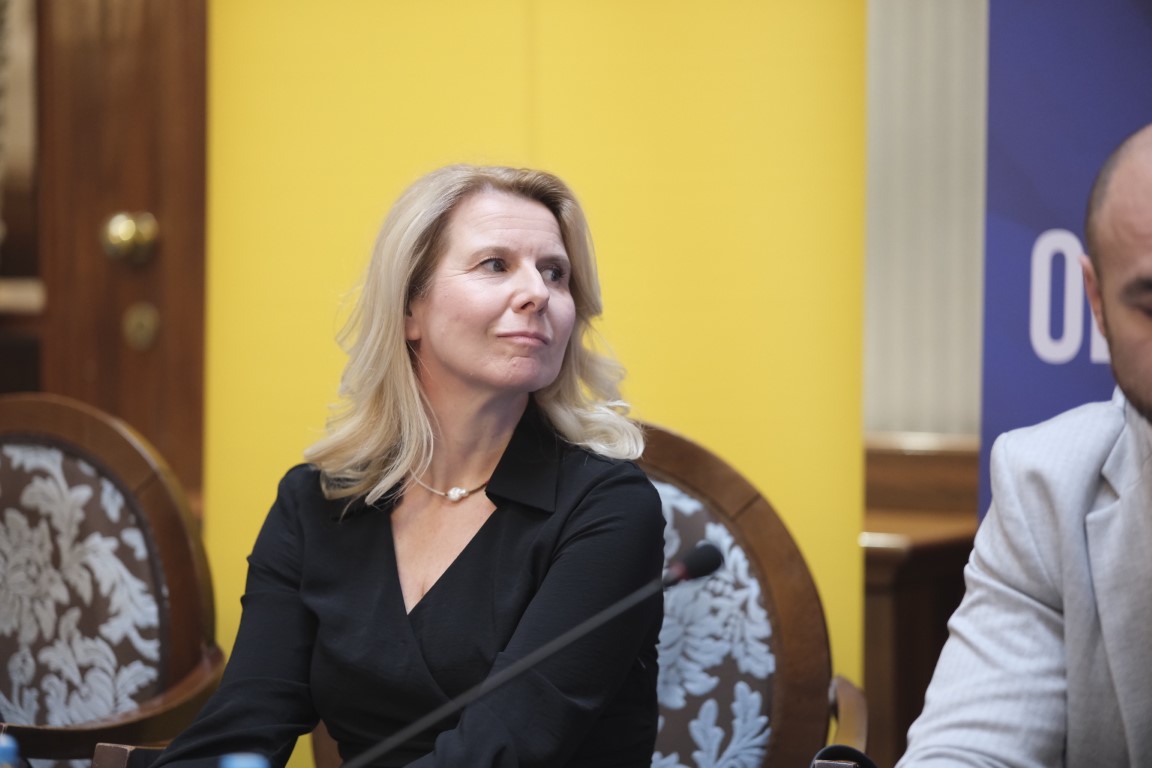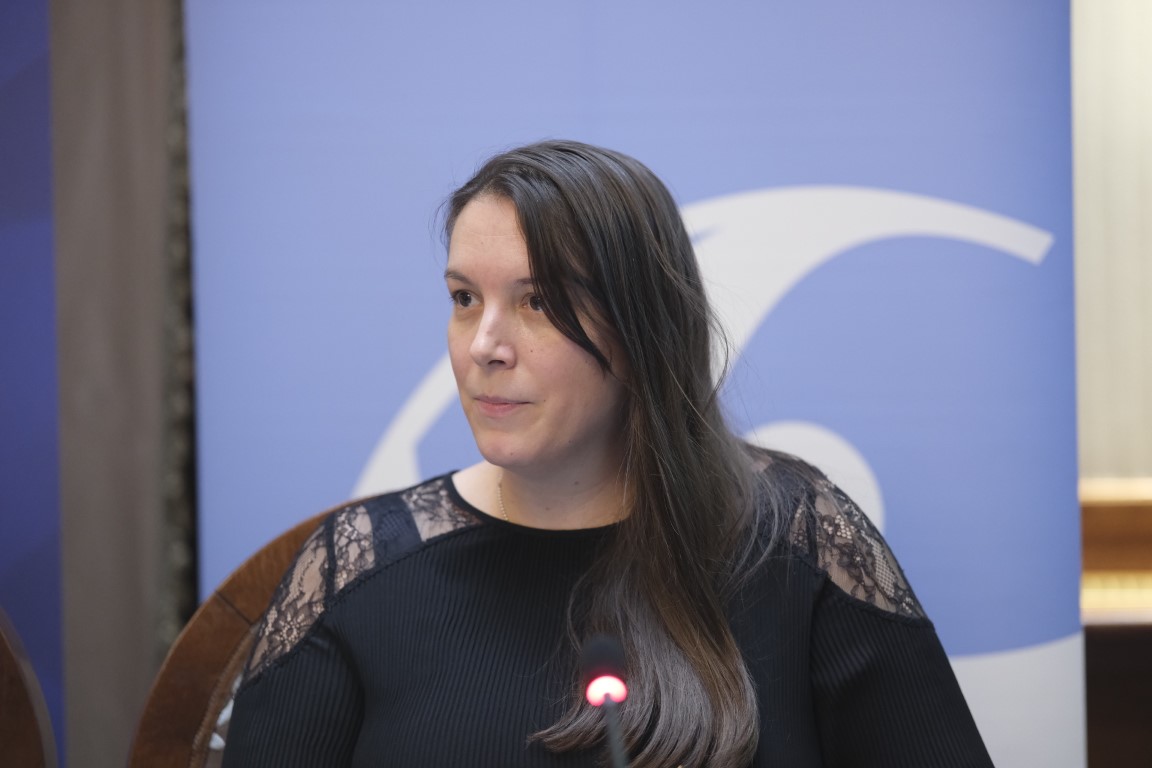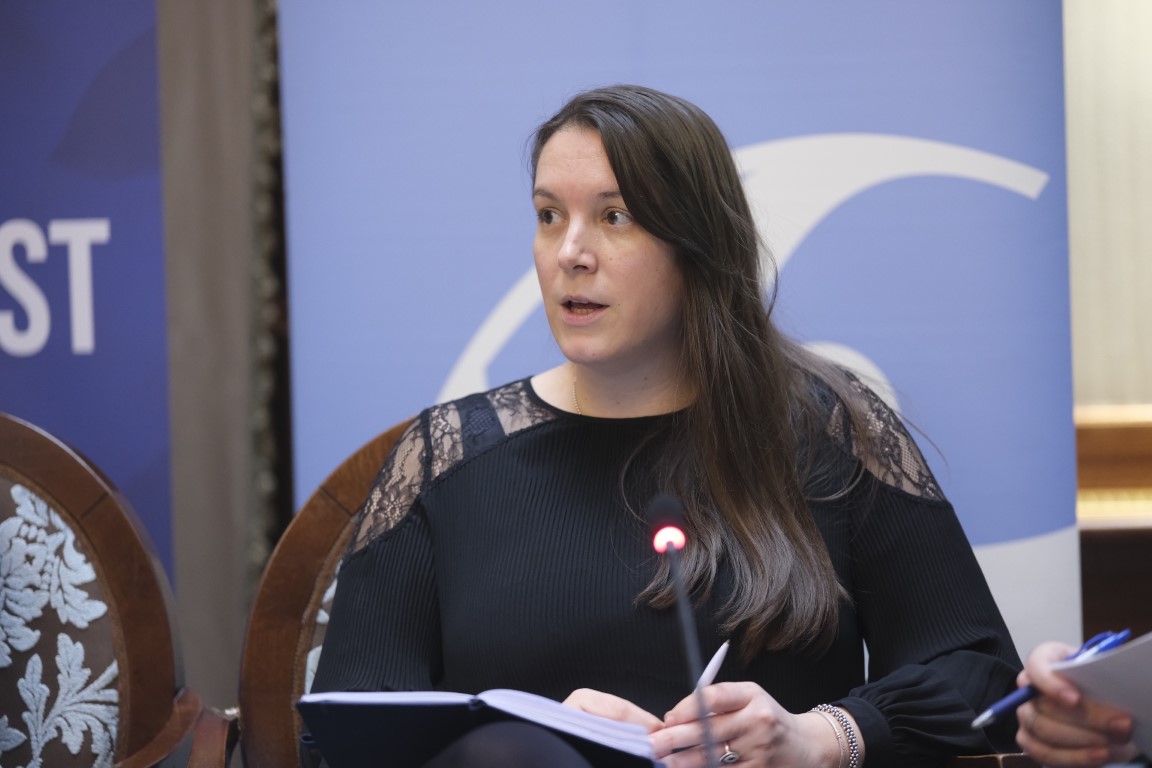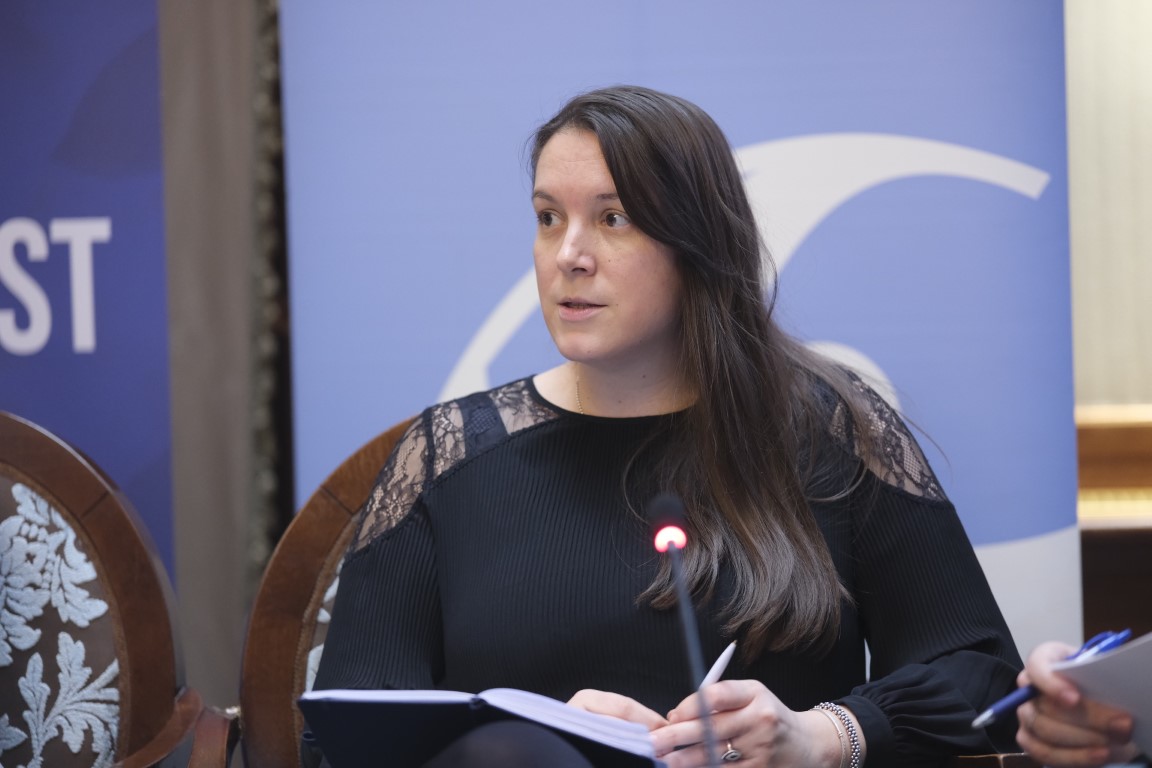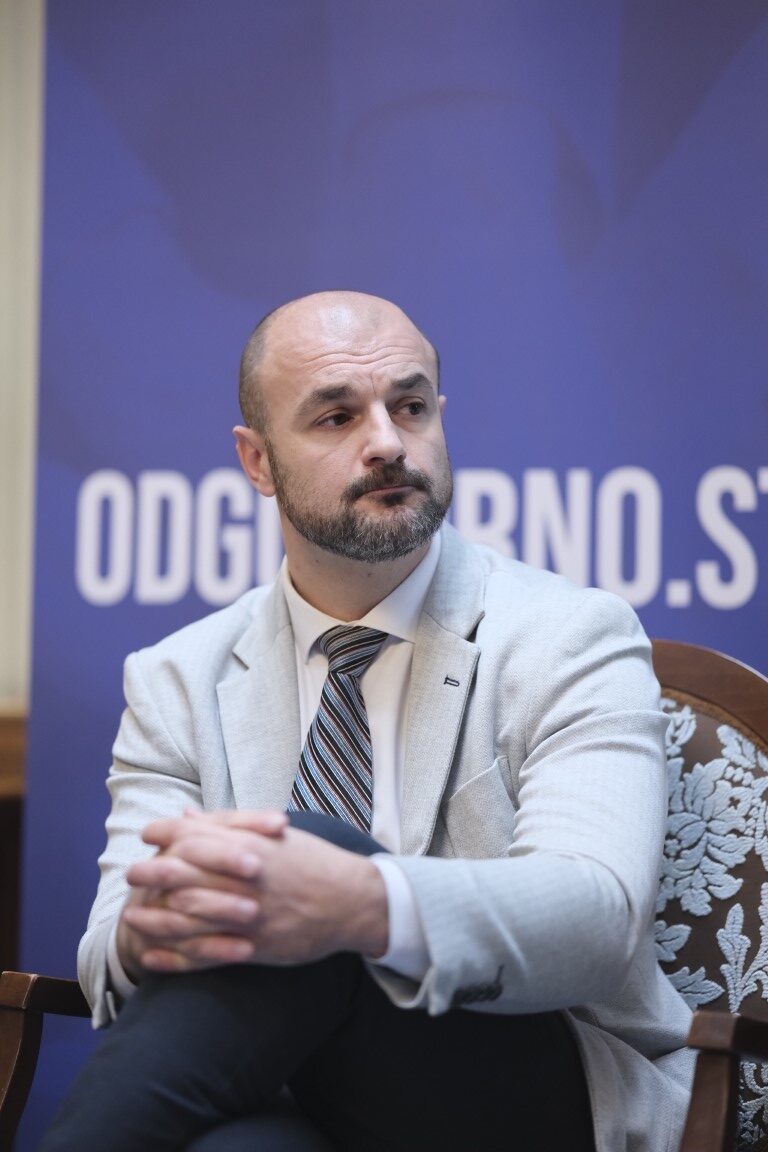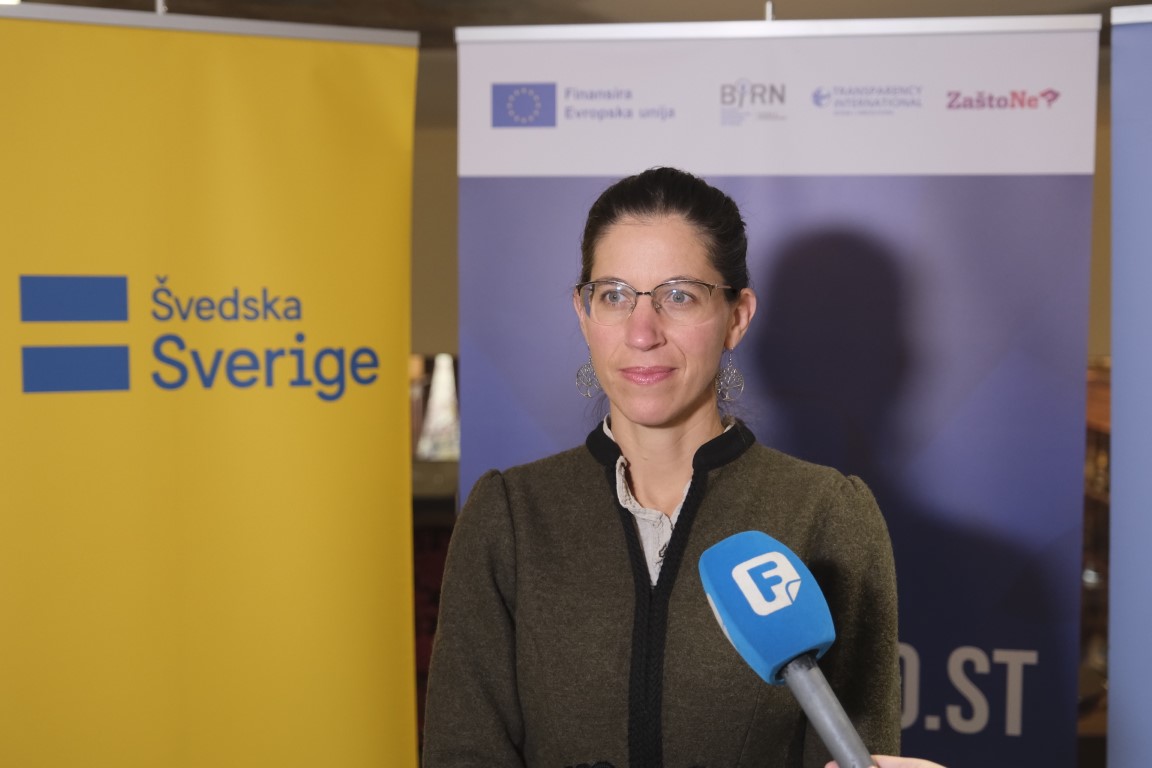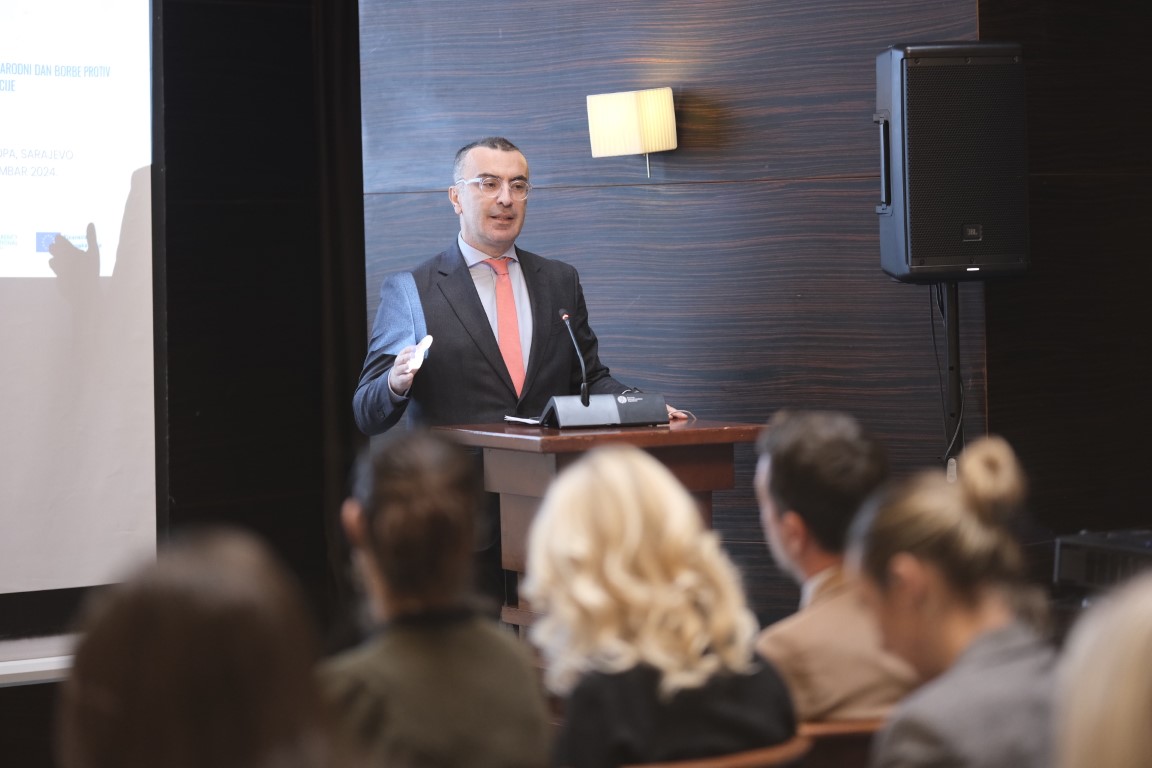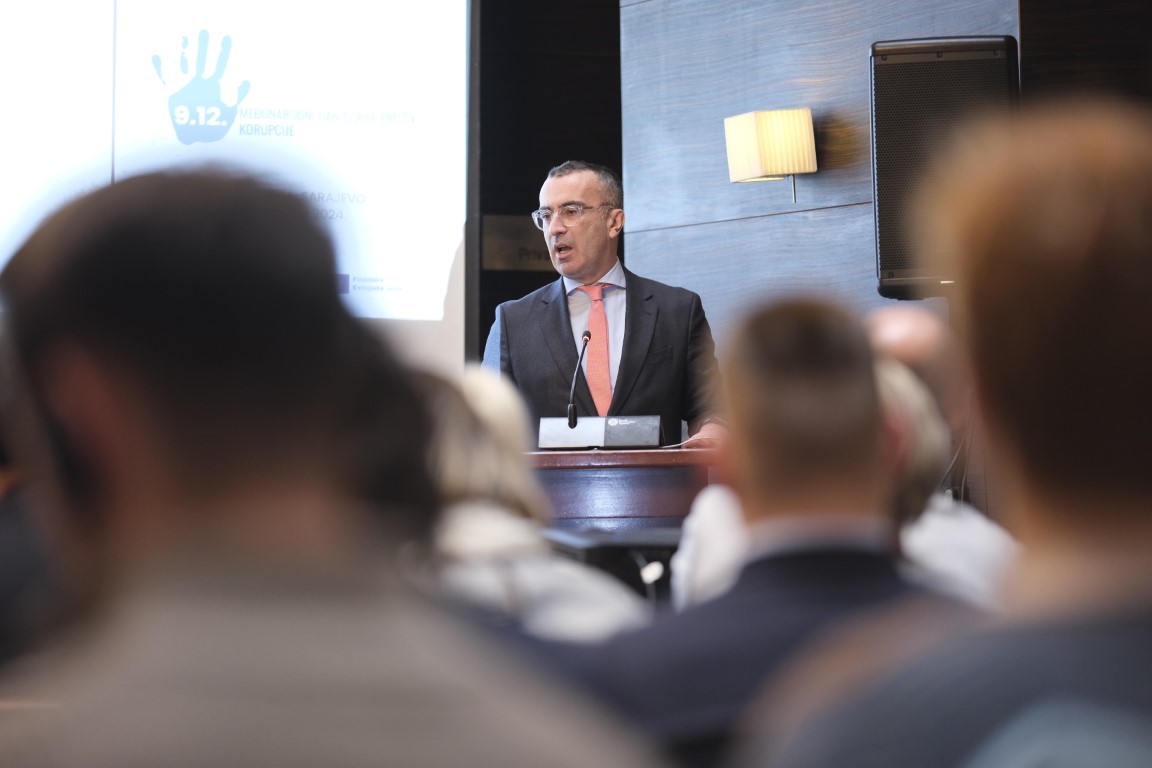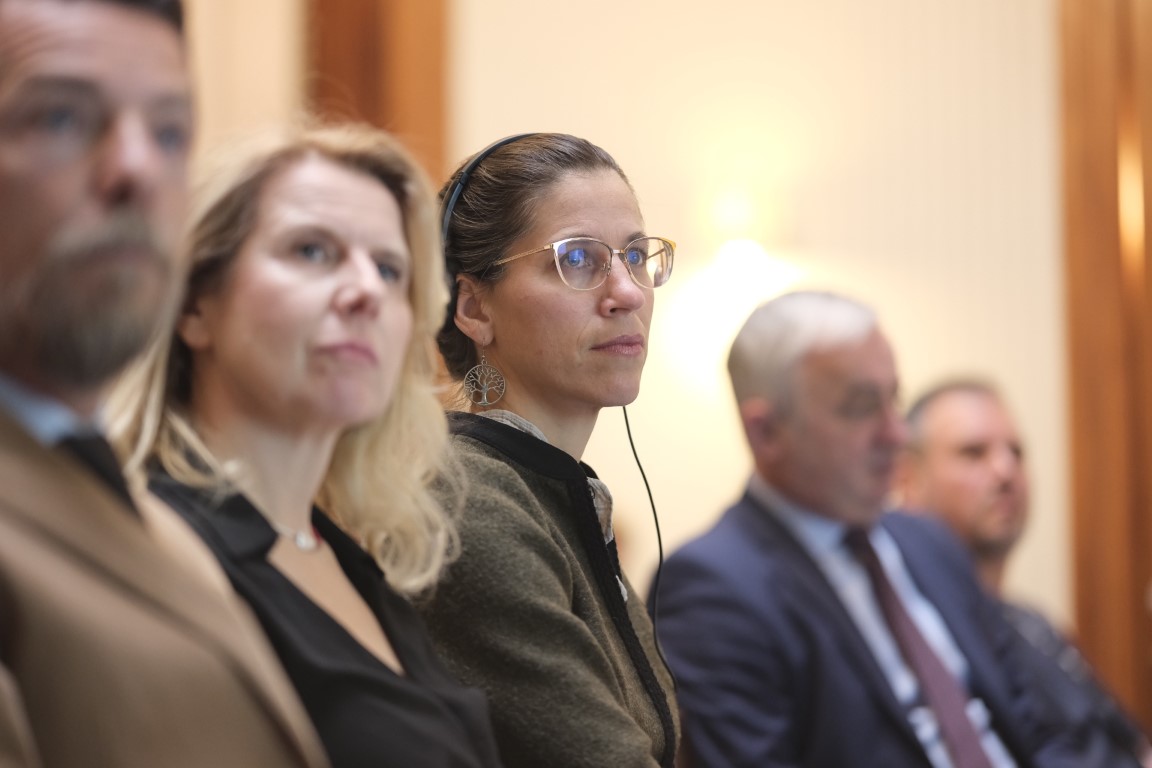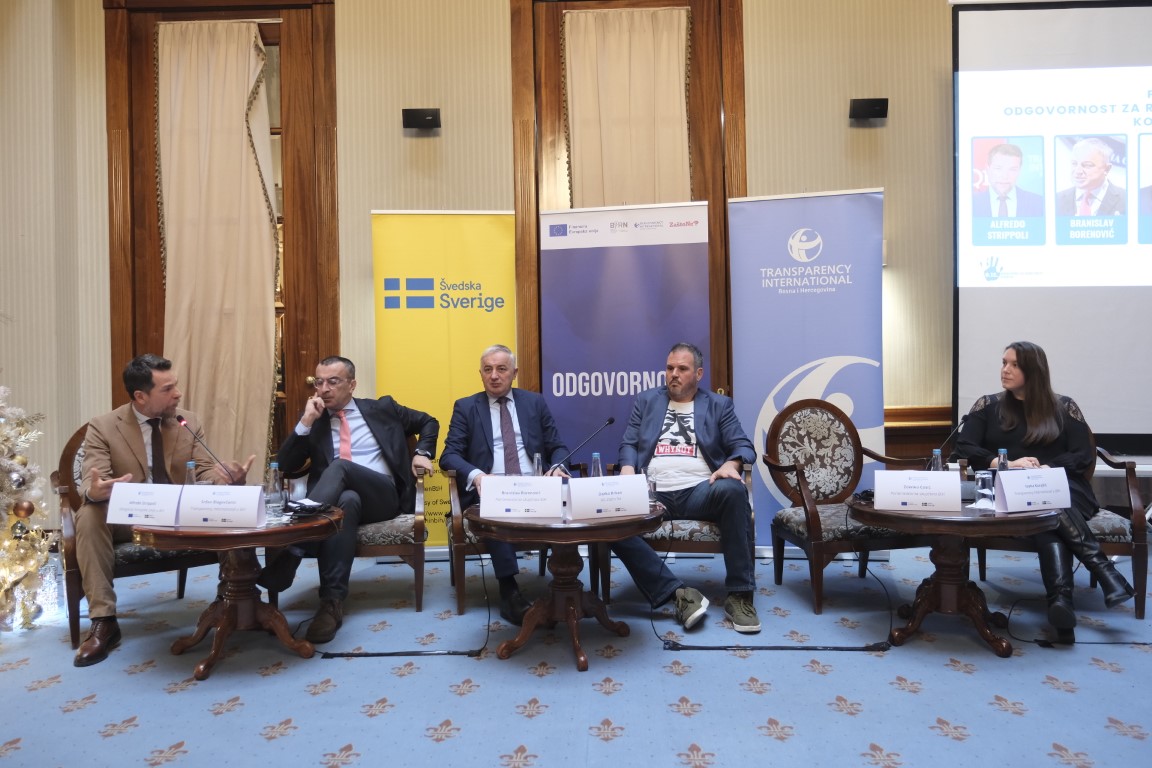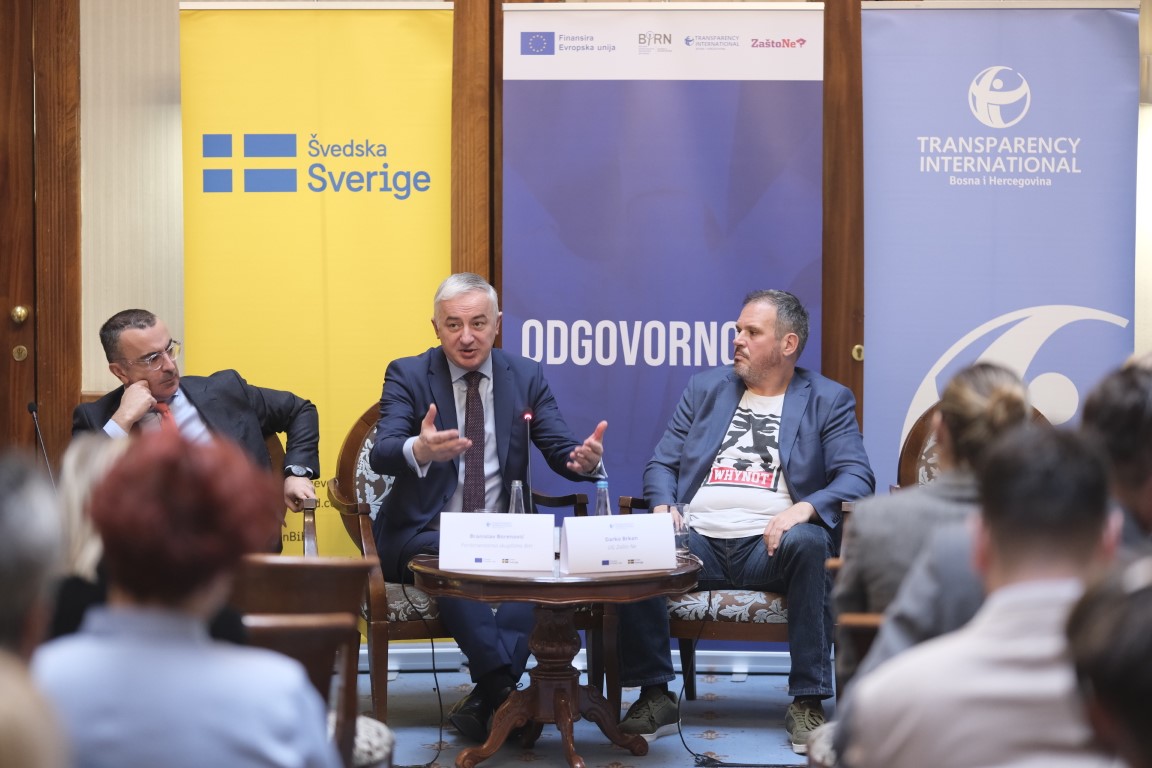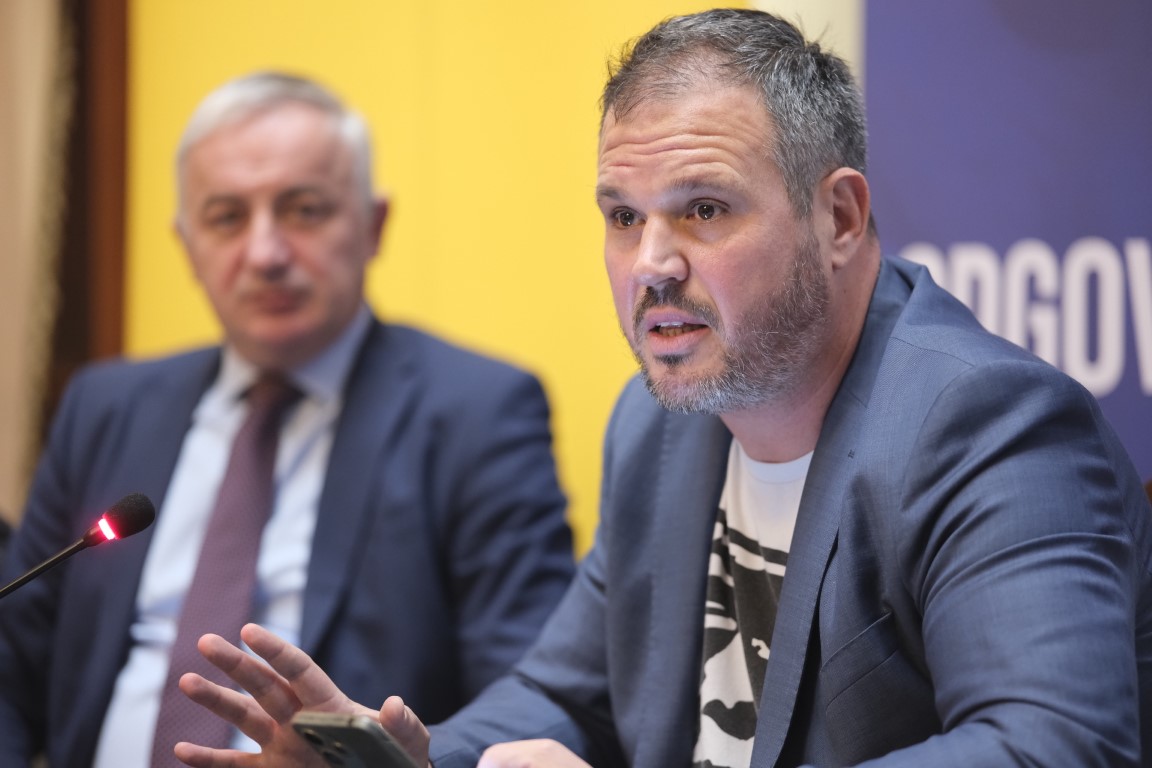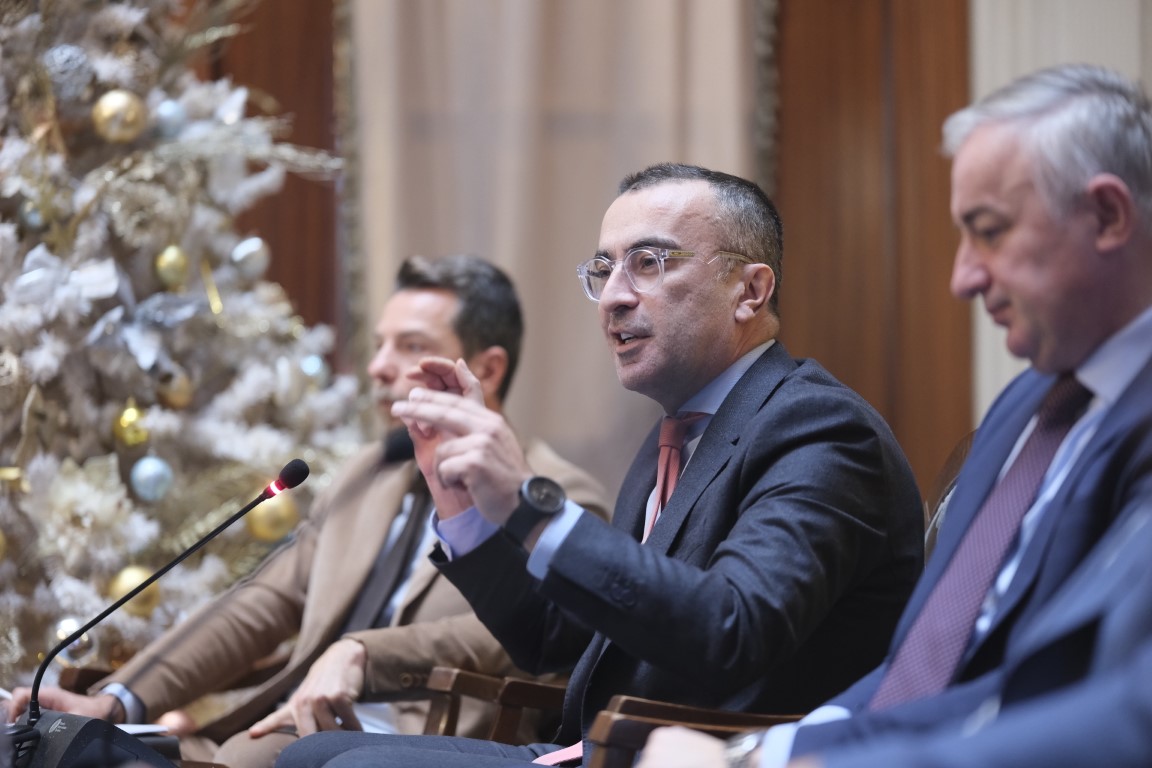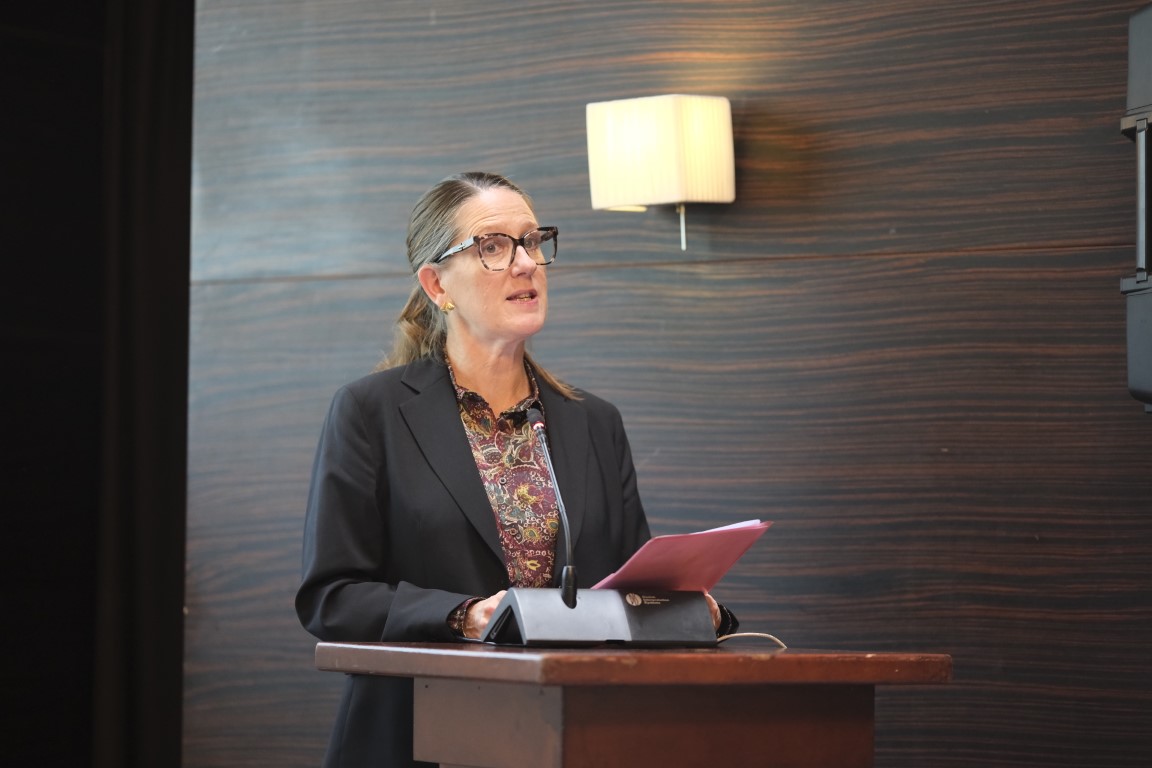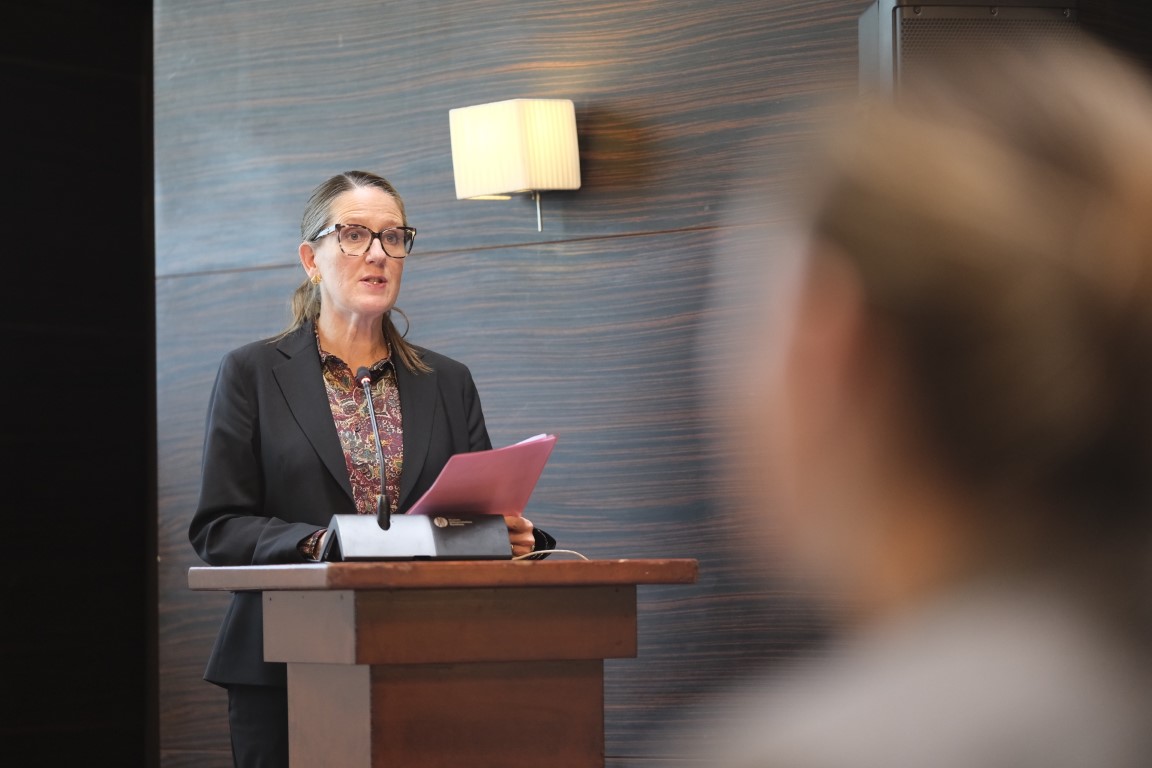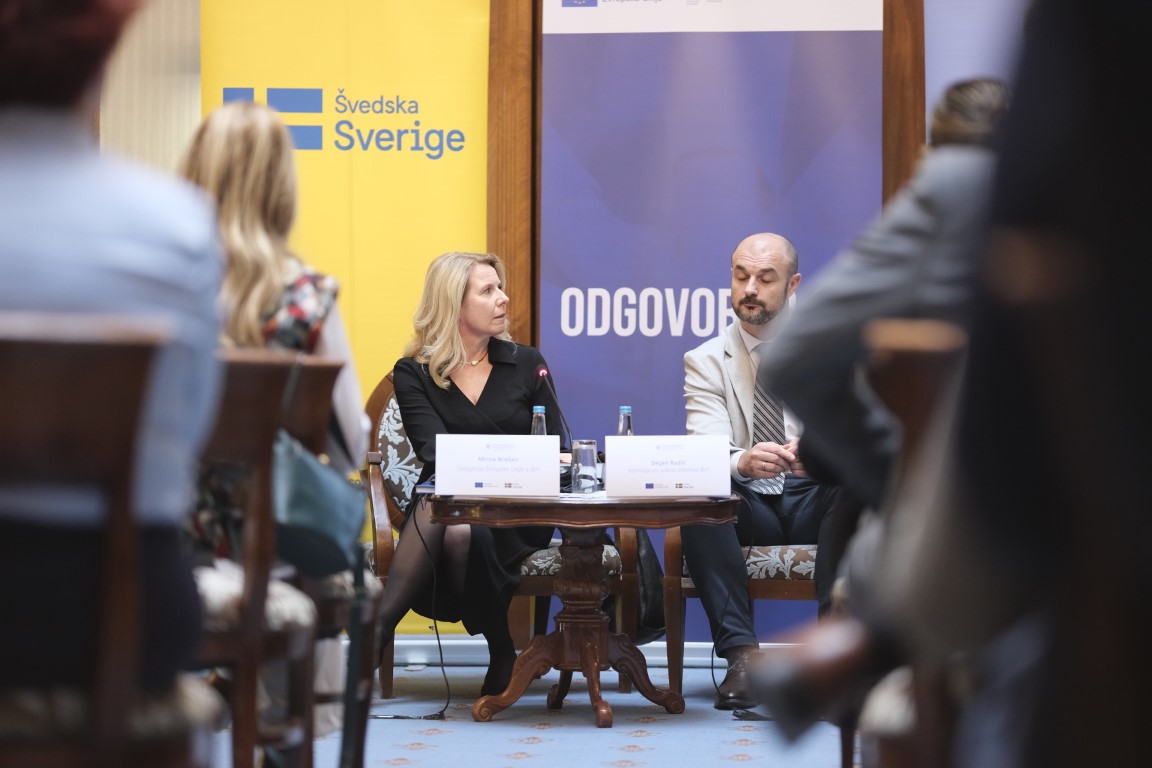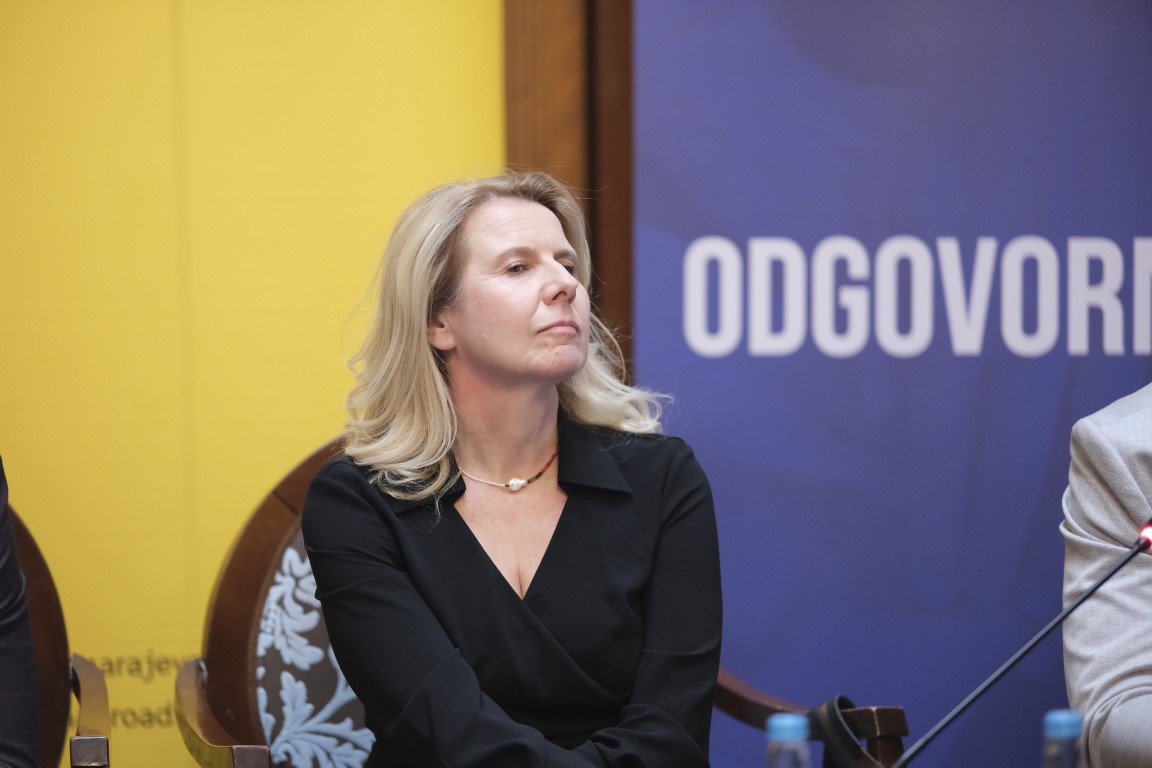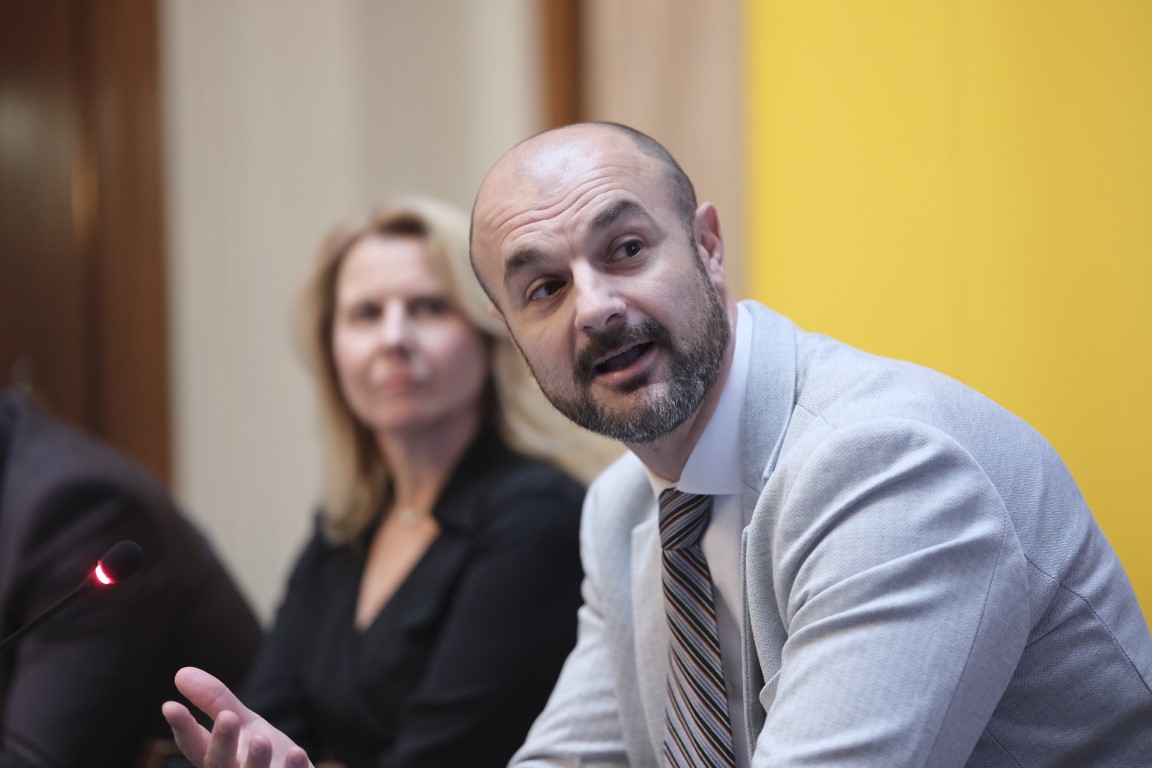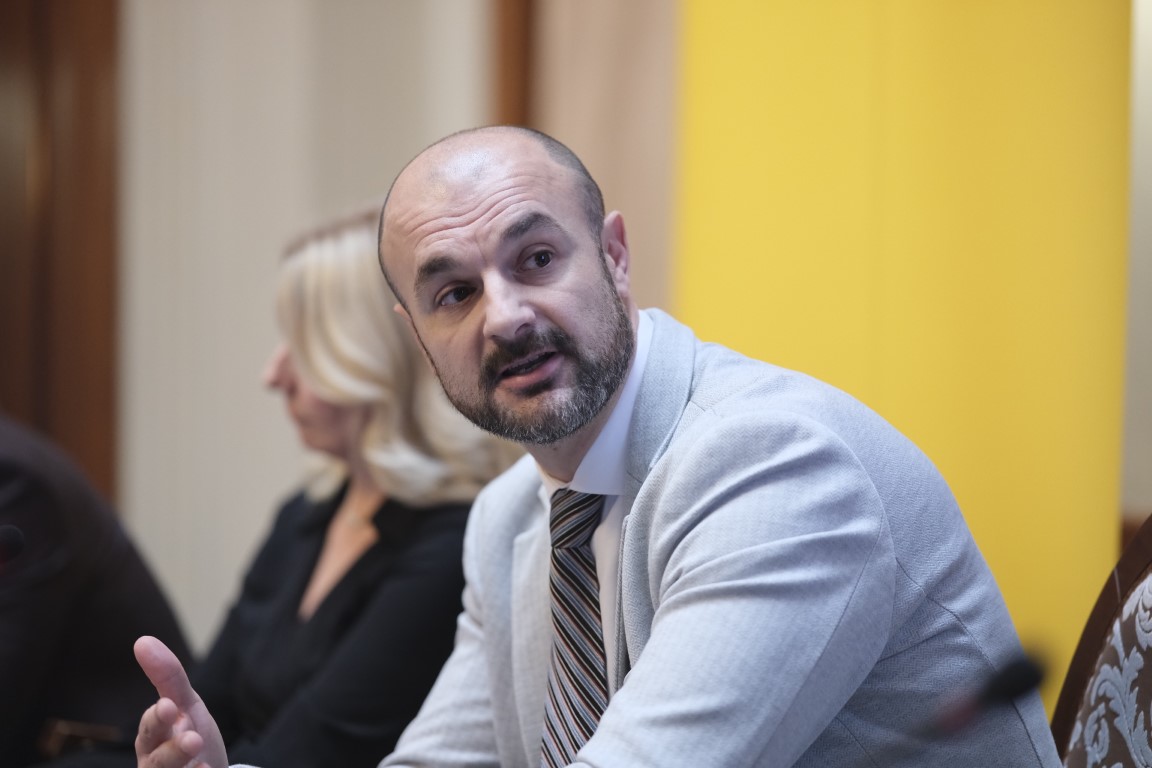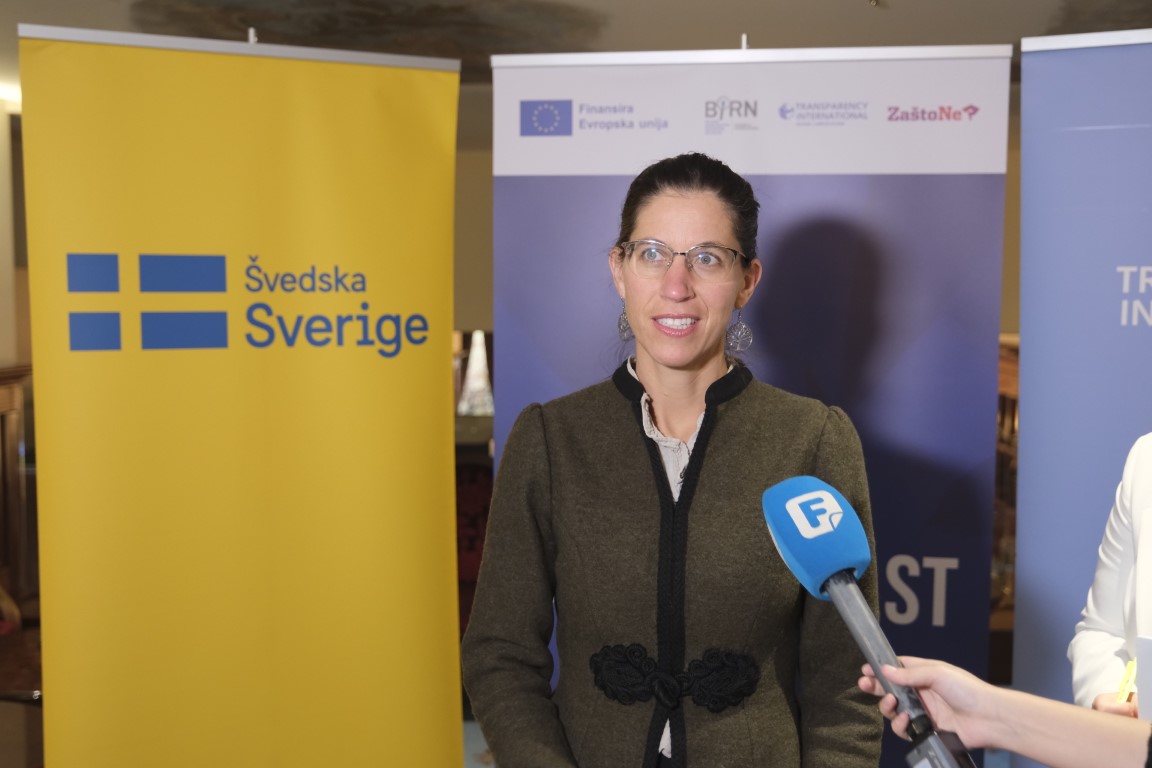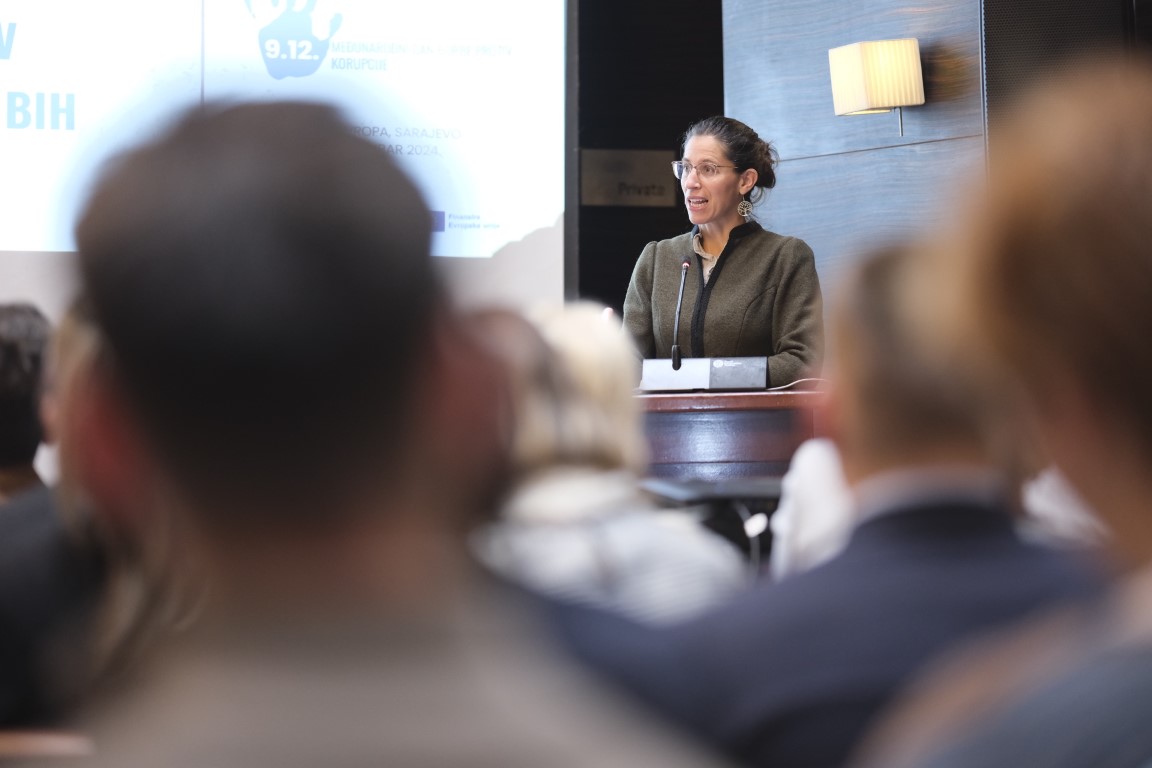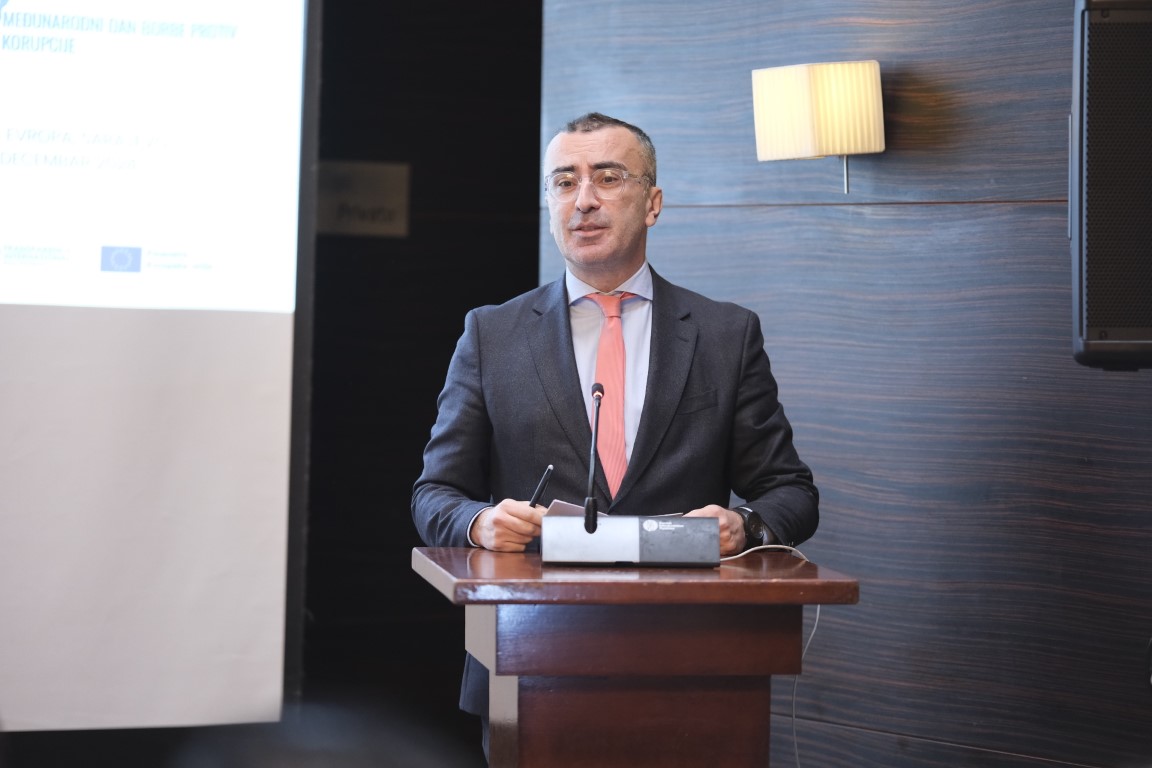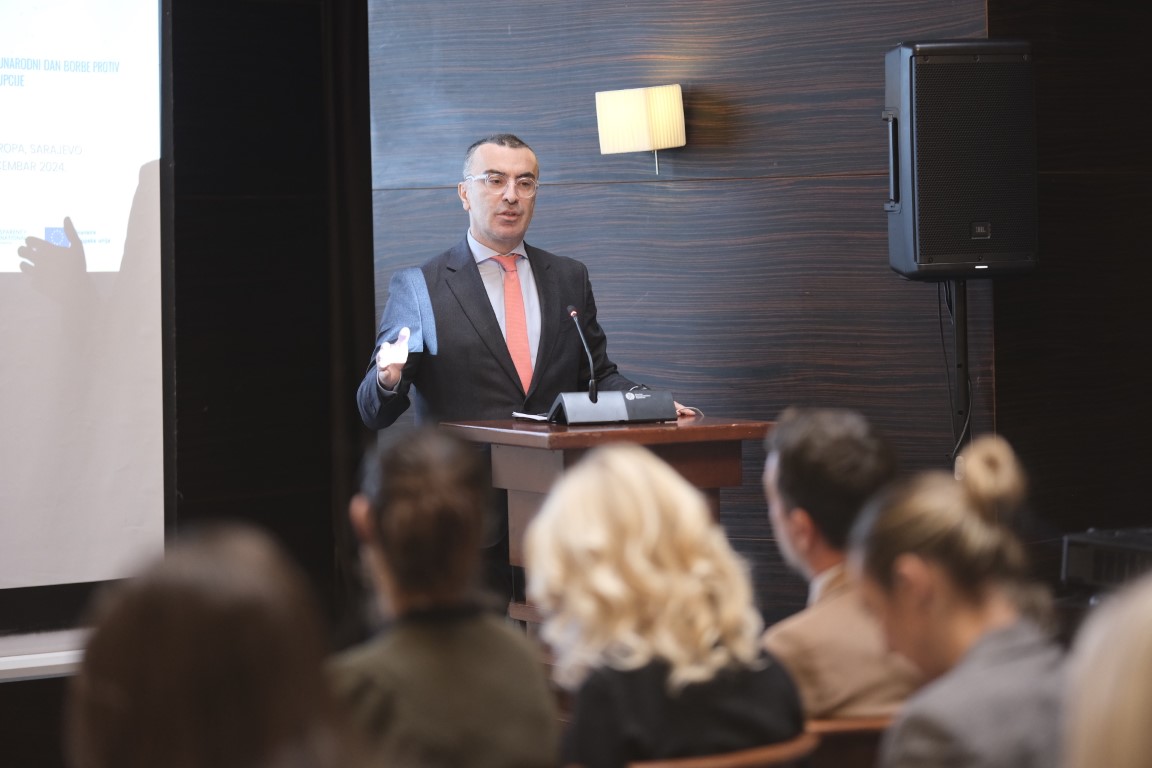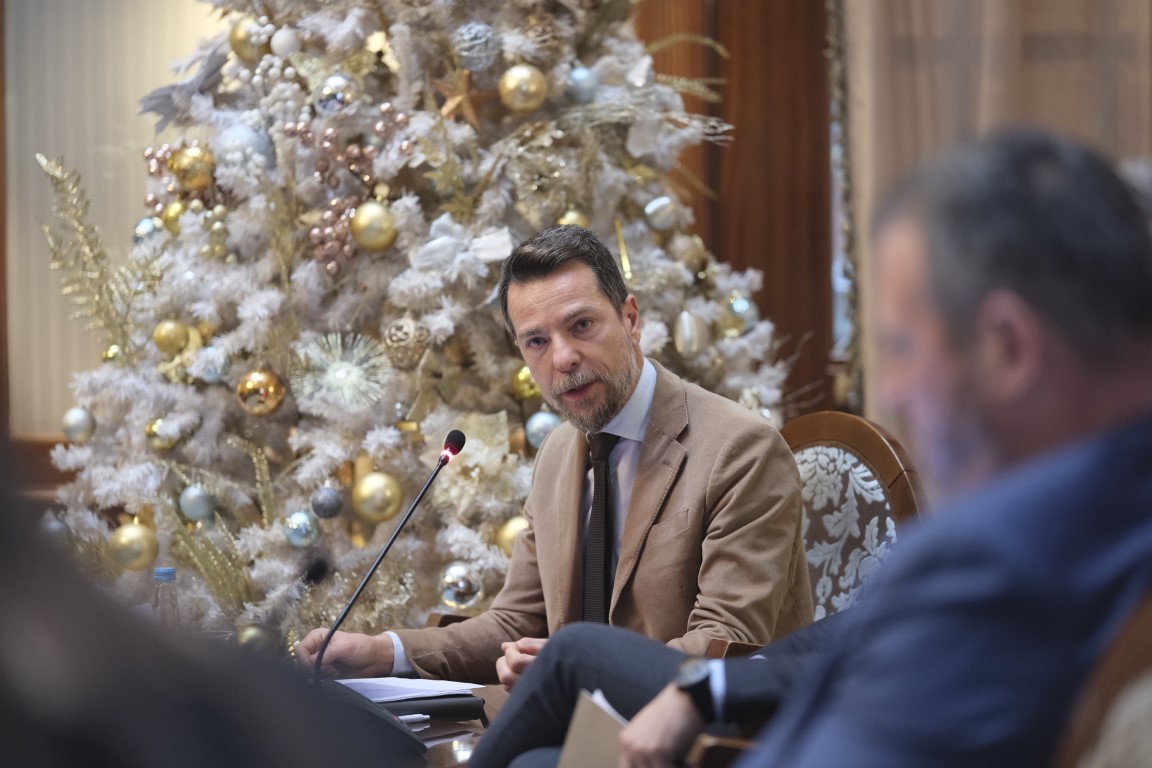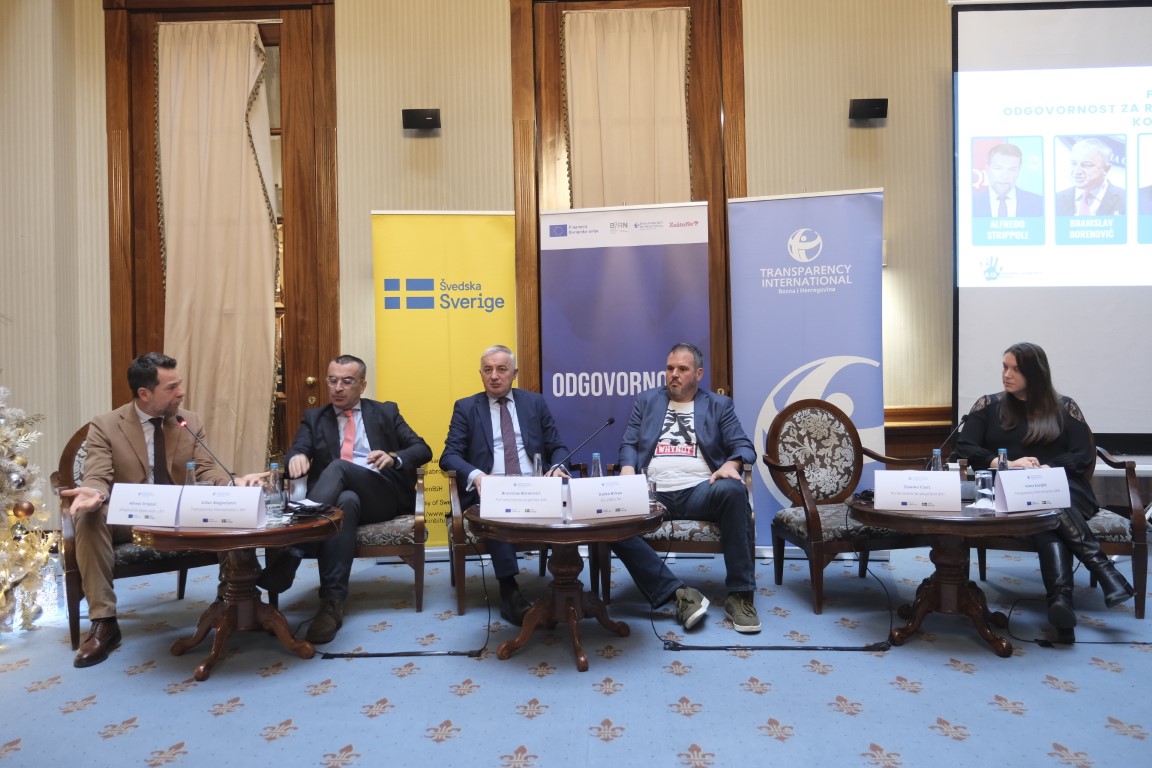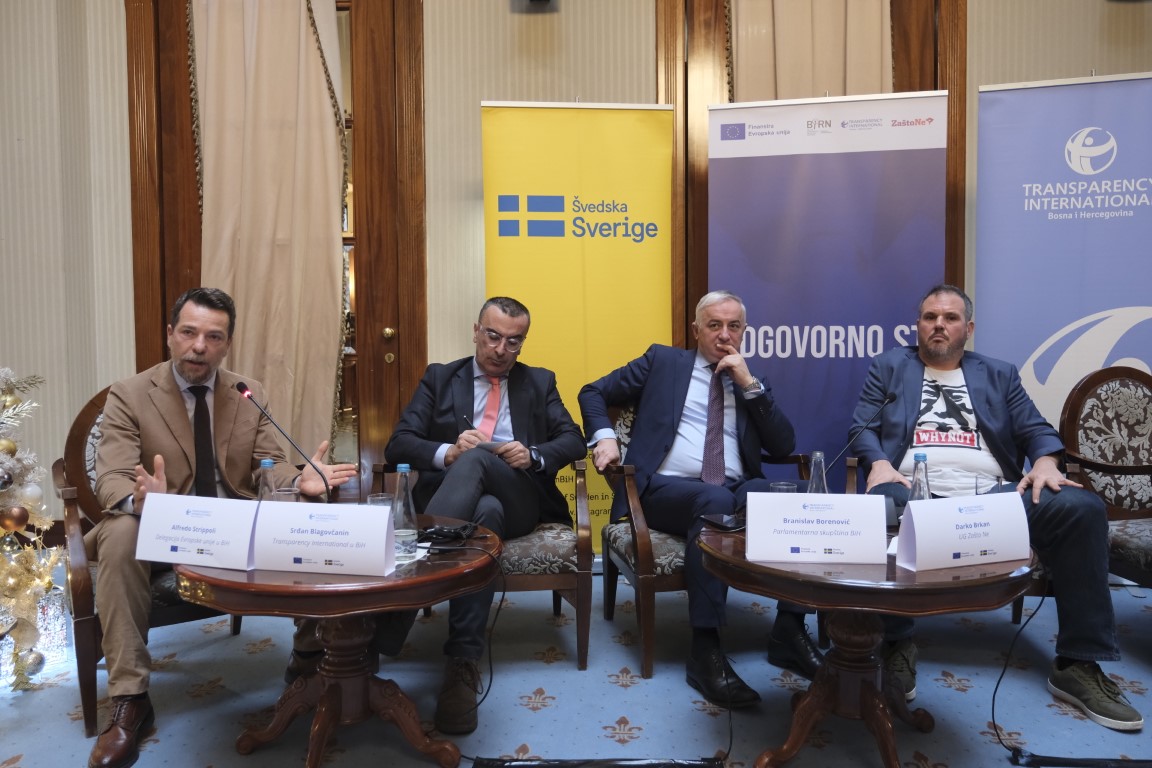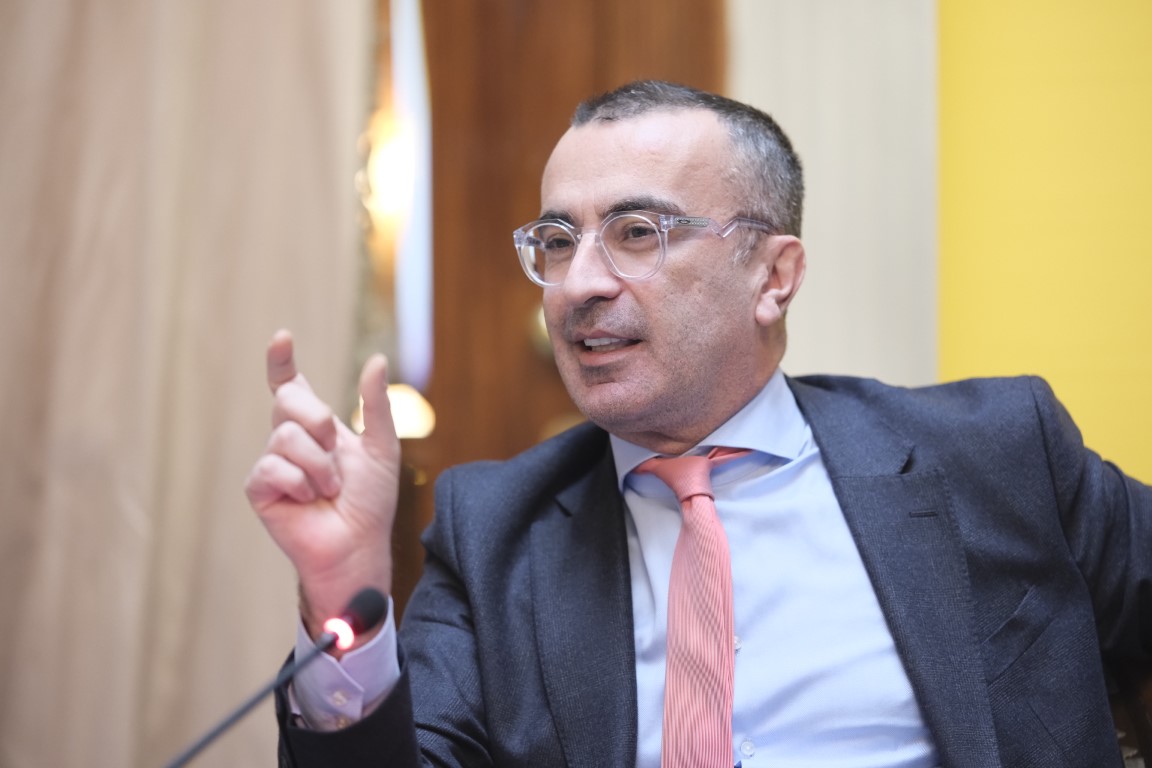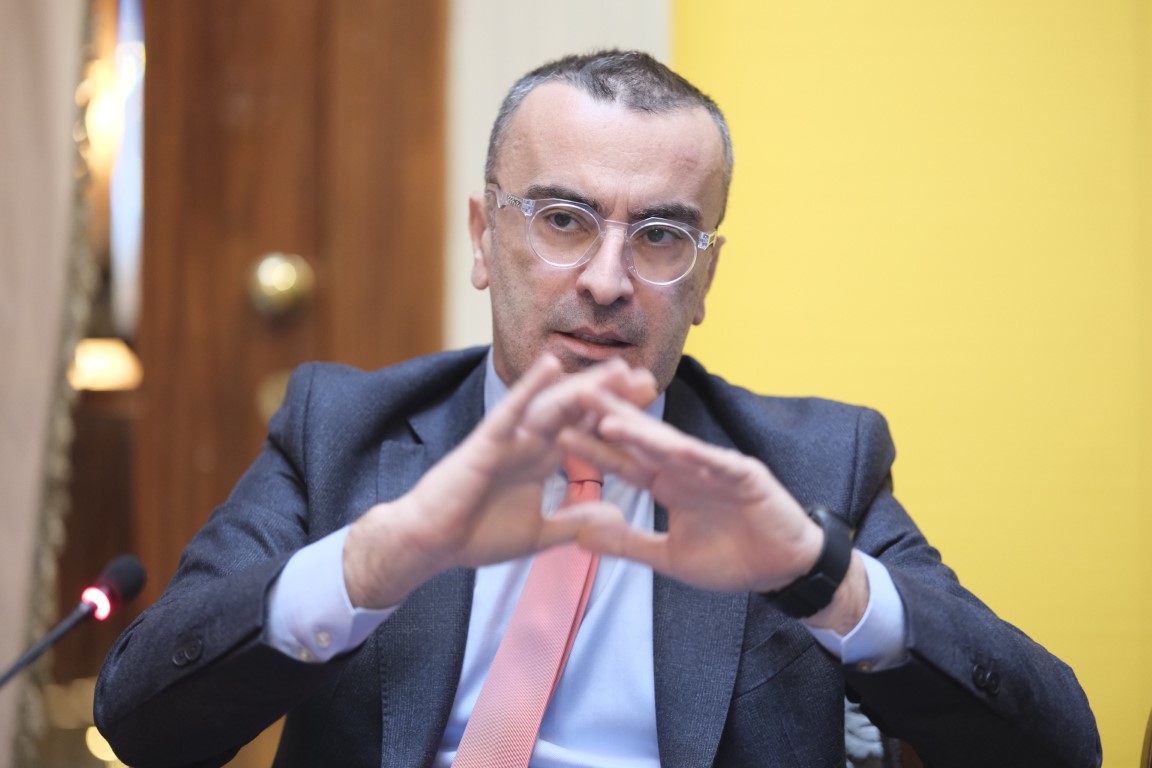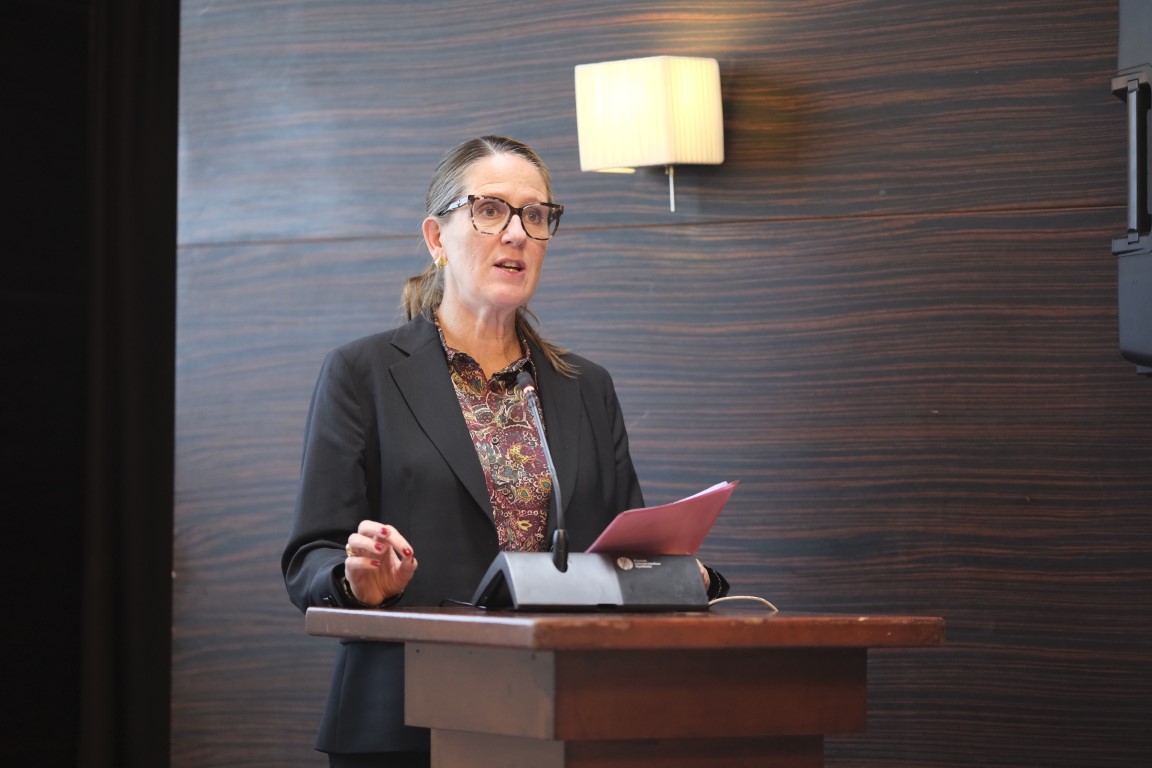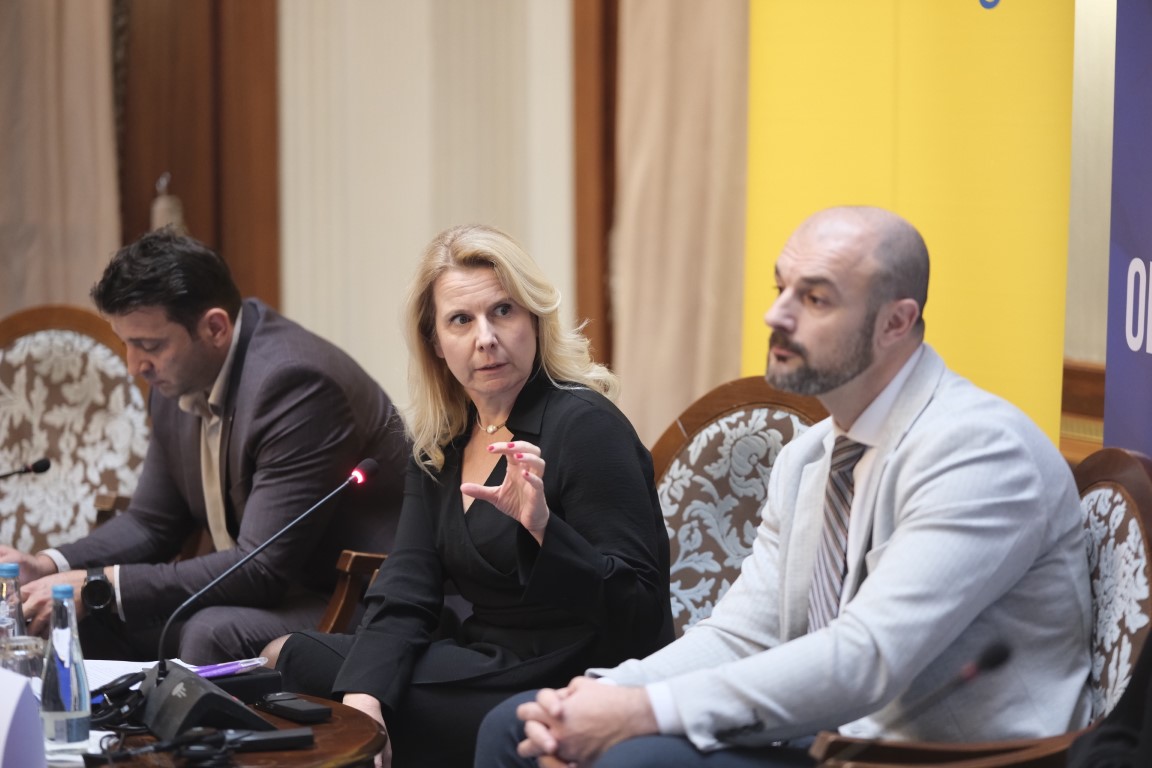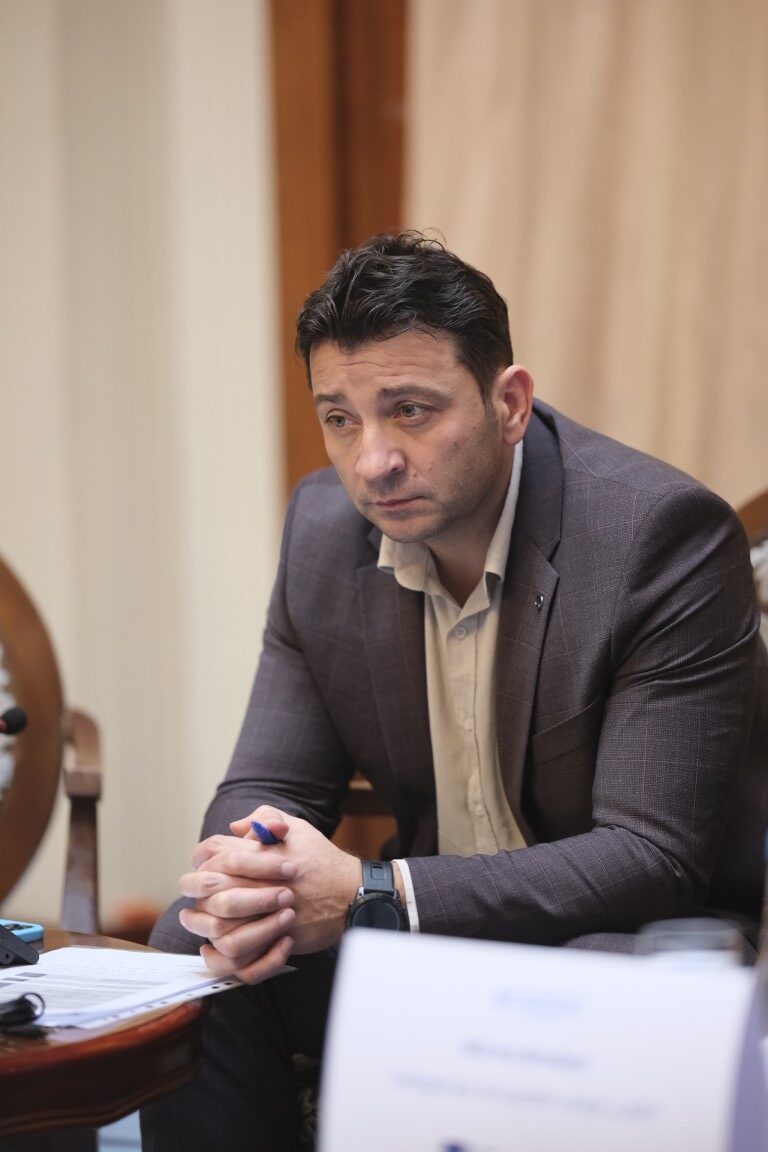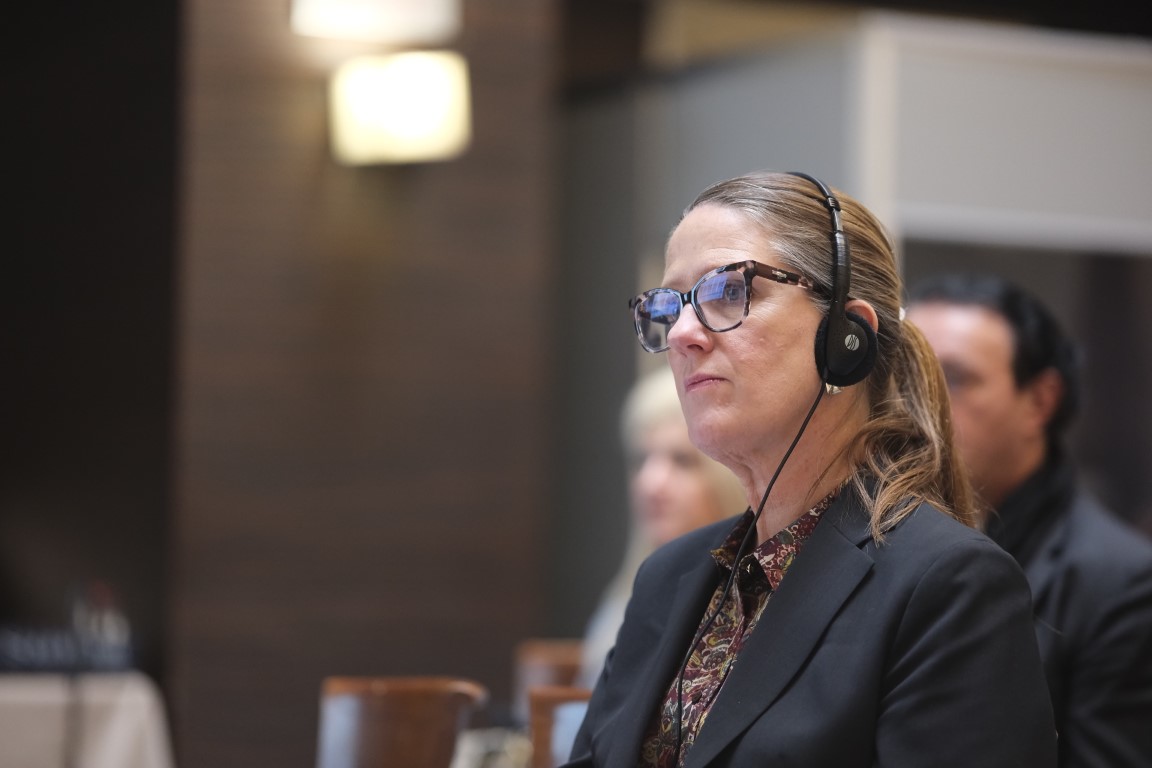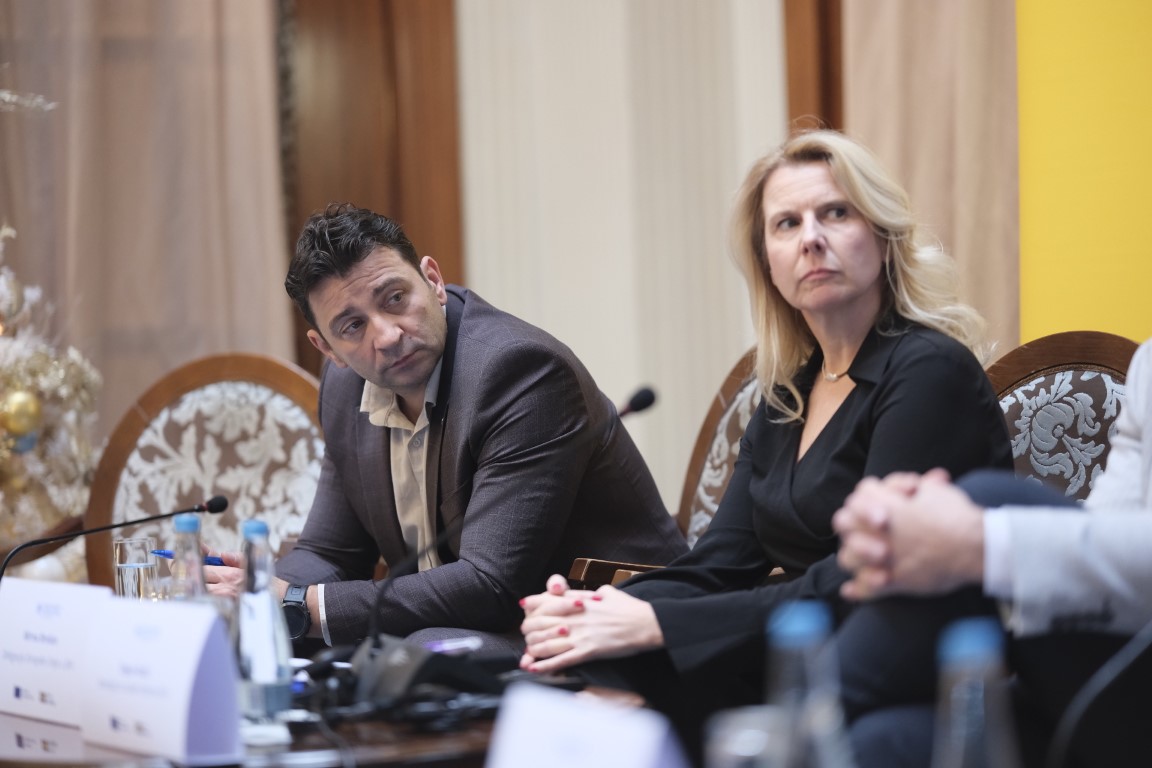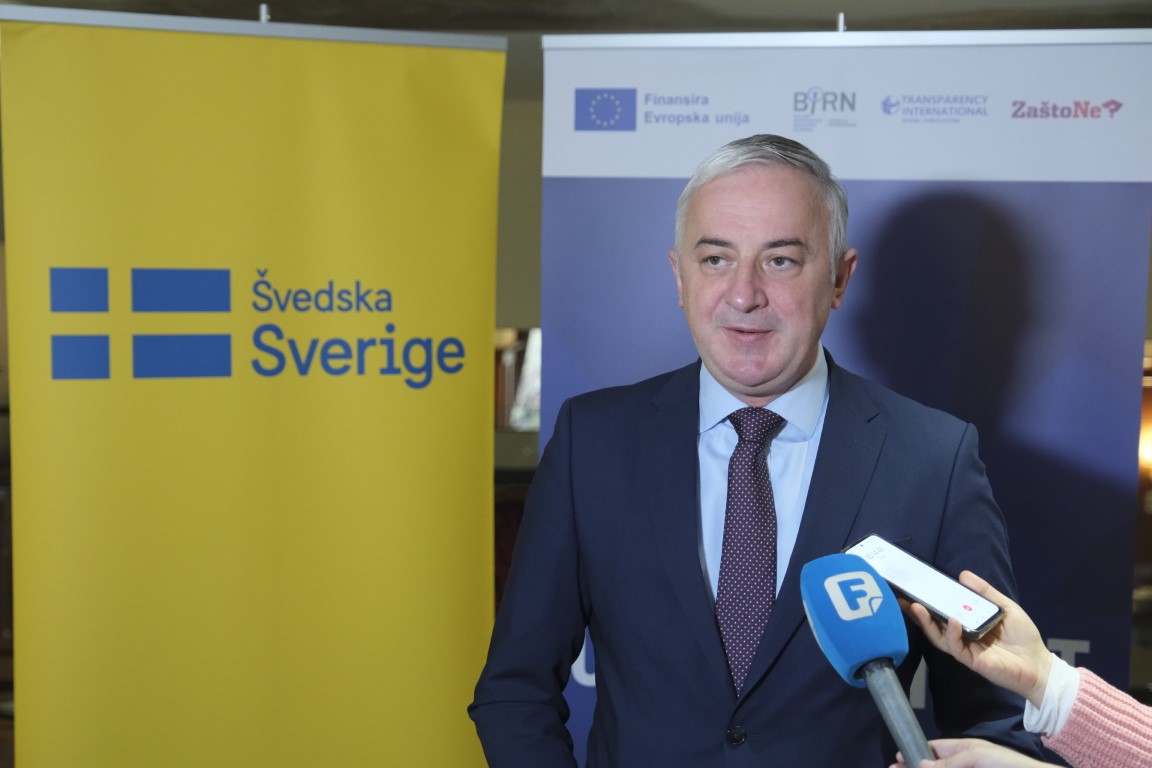TI BiH: Fight against corruption is deliberately obstructed – Authorities’ priority is to maintain control over institutions
12 December 2024
Bosnia and Herzegovina has still not made significant progress in the fight against corruption, and it remains a serious concern, requiring intensified efforts to achieve a consistent track record in combating corruption. The lack of harmonization of the legal framework areas of the country continues to hamper the fight against corruption. The legal framework for preventing corruption is still incomplete, and the adopted anti-corruption laws are not consistently and efficiently implemented, while key mechanisms and bodies for the prevention and fight against corruption at various levels remain fragmented and uncoordinated.
While citizens of Bosnia and Herzegovina expect the results in fighting corruption, especially high-level corruption, drafts of important laws have been waiting for adoption for years and the authorities in BiH show little will to establish independent and effective institutions for their implementation. These were the topics discussed at the conference “Strengthening Integrity and Accountability in the Fight Against Corruption in BiH.”
“Tackling corruption is vital primarily for Bosnia and Herzegovina and its citizens. On the other side, there can also be no progress towards EU membership without progress in the rule of law. Despite progress in strategies and investigations, the low number of final convictions in high-level corruption cases remains a serious issue. Institutional reforms, professionalizing anti-corruption bodies, and harmonizing efforts are critical for sustainable results. The EU will continue to support BiH’s efforts in strengthening the rule of law and fight against corruption,” said Aurelie Valtat, Head of European Integration, Political, Press and Information Section at the EU Delegation to BiH.
‘’Corruption remains one of the greatest threats to the progress of Bosnia and Herzegovina. But corruption is not an unavoidable component of governance, it can be combated with the correct strategies, policies, and leadership. Today’s decisions will shape the future of the generations to come, and it is imperative that those decisions are made with the highest ethical standards. Together with our partner Transparency International, Sweden supports Bosnia and Herzegovina to build alliances, share best practices, harmonize Anti-Corruption efforts, and support transparency and accountability’’, Ambassador of Sweden in BiH, H.E. Helena Lagerlöf, said.
The conference specifically highlighted the need for establishing efficient conflict of interest prevention system, aligned with international standards. There are delays in applying the law at the level of BiH institutions, which means that conflicts of interest at this level of government remains unaddressed. There has been no improvement in entity-level laws, with the situation remaining most alarming in the Federation of BiH, where for over ten years there has been no body responsible for deciding on conflicts of interest. As a result, more than 230 officials in the Federation are currently holding multiple positions, often presenting conflicts of interest, while institutions make contracts with the family businesses of public officials or appoint their family members to key positions without any responsibility or consequences. In Republika Srpska, recent amendments to the law have failed to improve the existing framework, while major shortcomings in the work of the competent Commission have further highlighted the urgency of comprehensive reforms to establish a consistent and efficient conflict of interest prevention system.
Deficiencies have also been identified in other areas, which, despite certain changes in the previous period, still hinder effective corruption prevention. A prerequisite for quality decision-making processes and efficient institutional oversight is the improvement and harmonization of freedom of information laws at all levels. It is also necessary to adopt a whistleblower protection law in the Federation of BiH, while at other levels of government, mechanisms for their protection need to be strengthened. This would provide better support for whistleblowers and more efficient detection of irregularities. The new provisions of the Election Law have not achieved their goal of preventing the abuse of public resources, highlighting the need for stronger control and accountability.
“The long-standing trend of worsening corruption in BiH, in addition to the devastating social and economic consequences, is also leading to paralysis and dysfunctionality within the institutional framework. This situation undoubtedly also has security implications, making the country a fertile ground for organized criminal groups and various extremist organizations. The standard of living of citizens is also strongly conditioned by the level of corruption, which is confirmed by the fact that GDP per capita in BiH is only 36% of the EU 27 average, which is even lower than the regional average of the Western Balkans,” said Srđan Blagovčanin, Chairman of the Board of TI BiH.
Get involved
Stay tuned
Subscribe to our newsletter and receive periodic notifications about our, announcements, calls and activities via email.
Don't miss it
If you want to receive our announcements immediately after the publication, leave your e-mail address in the field below.

